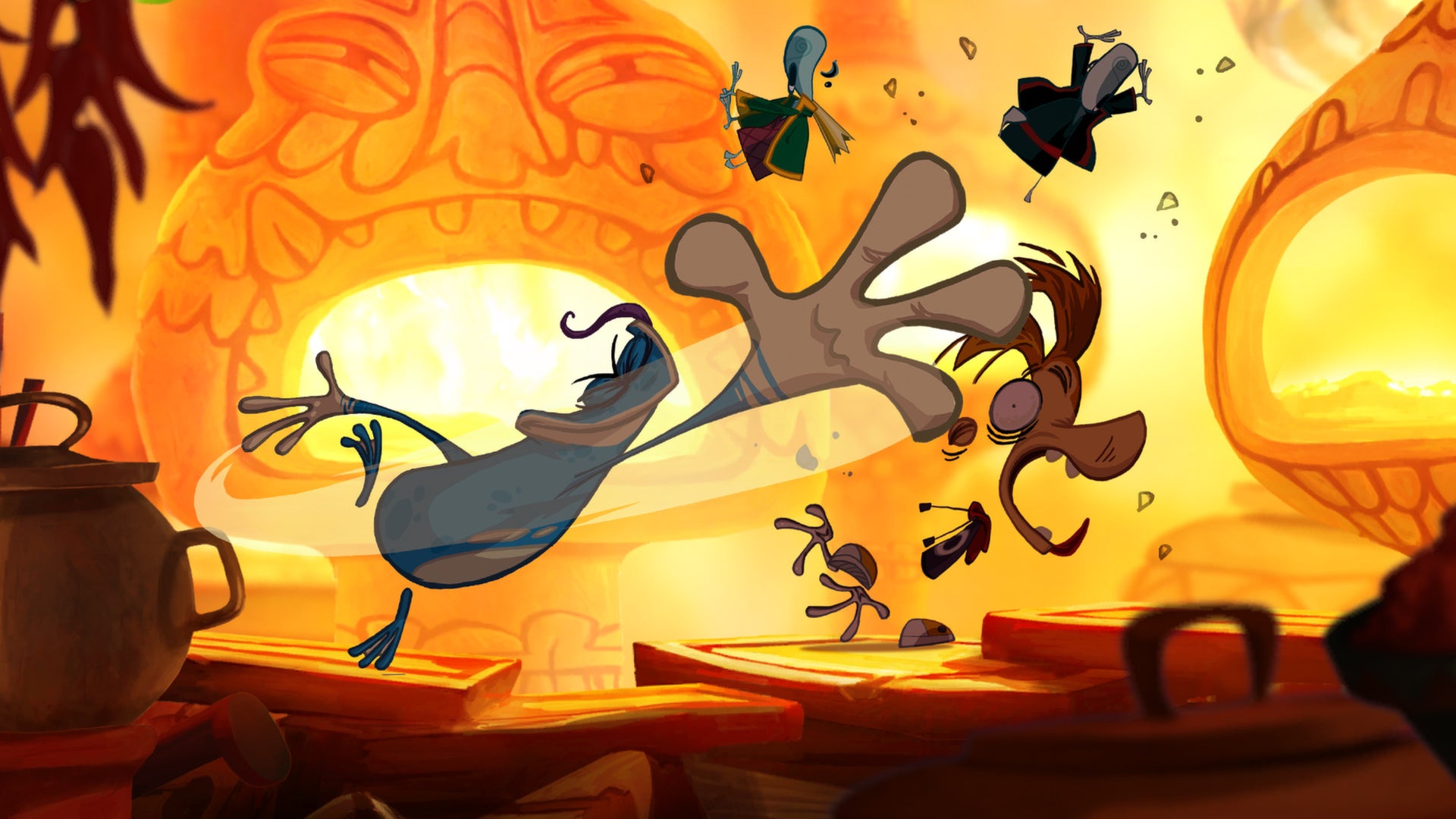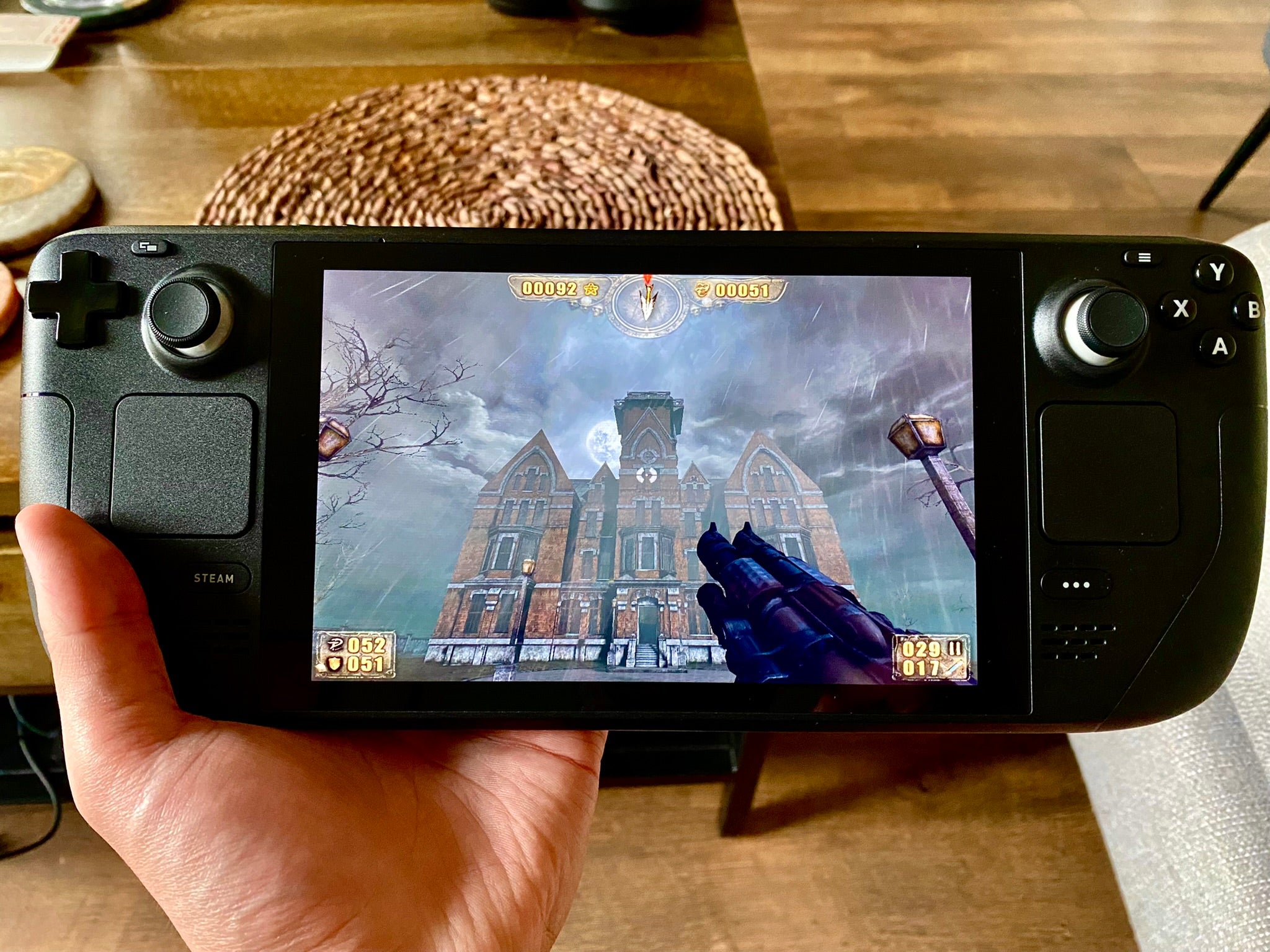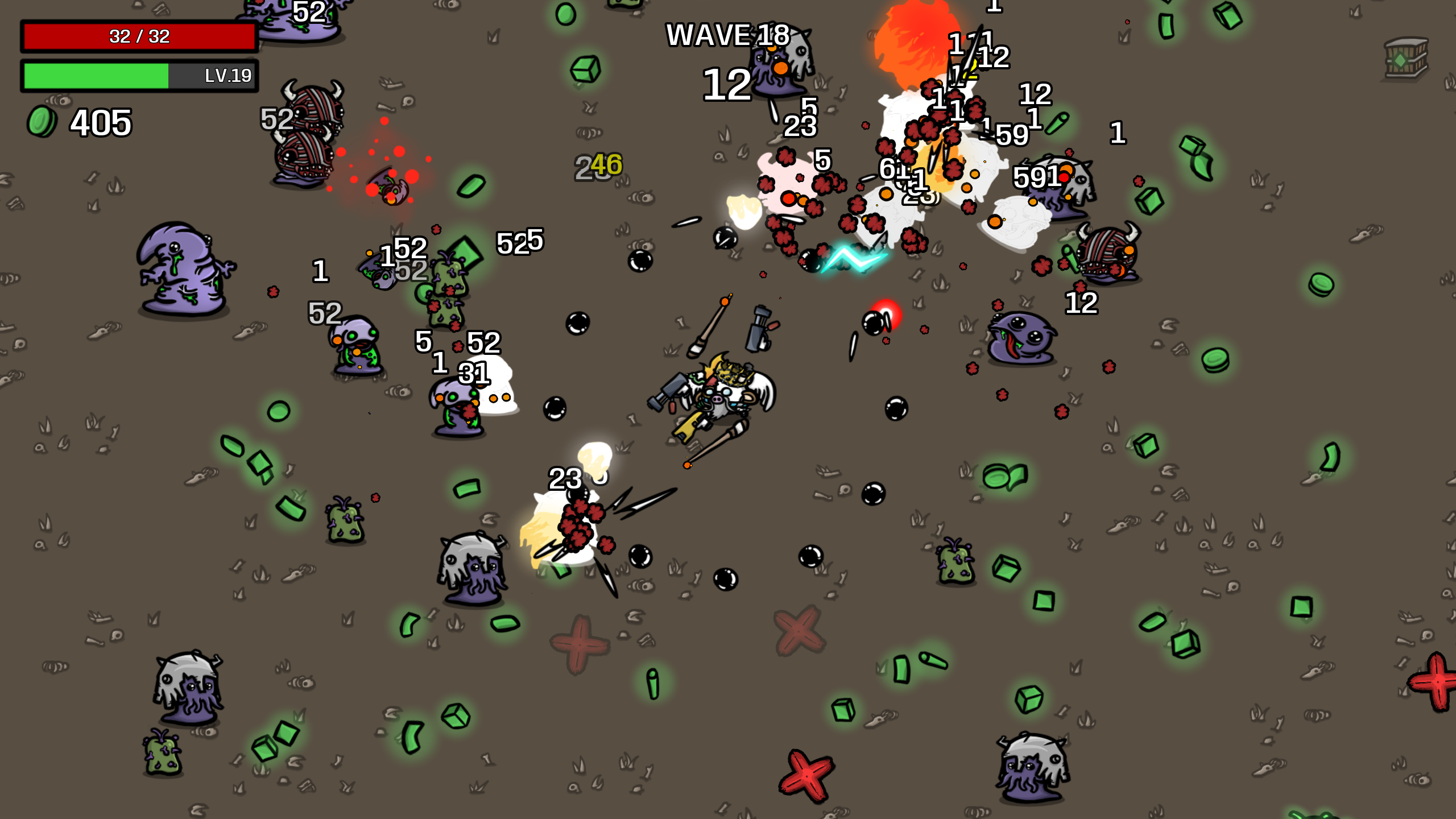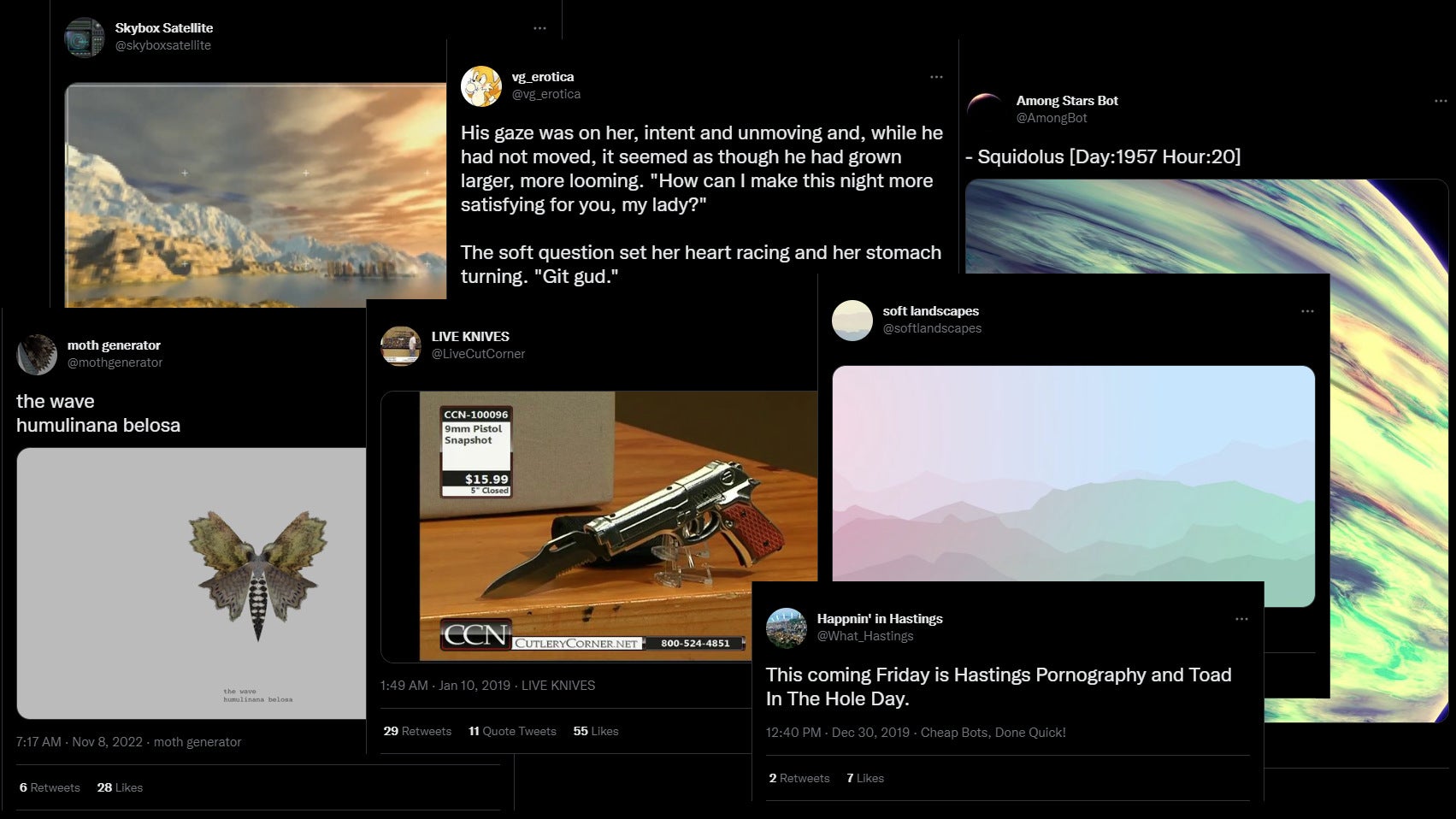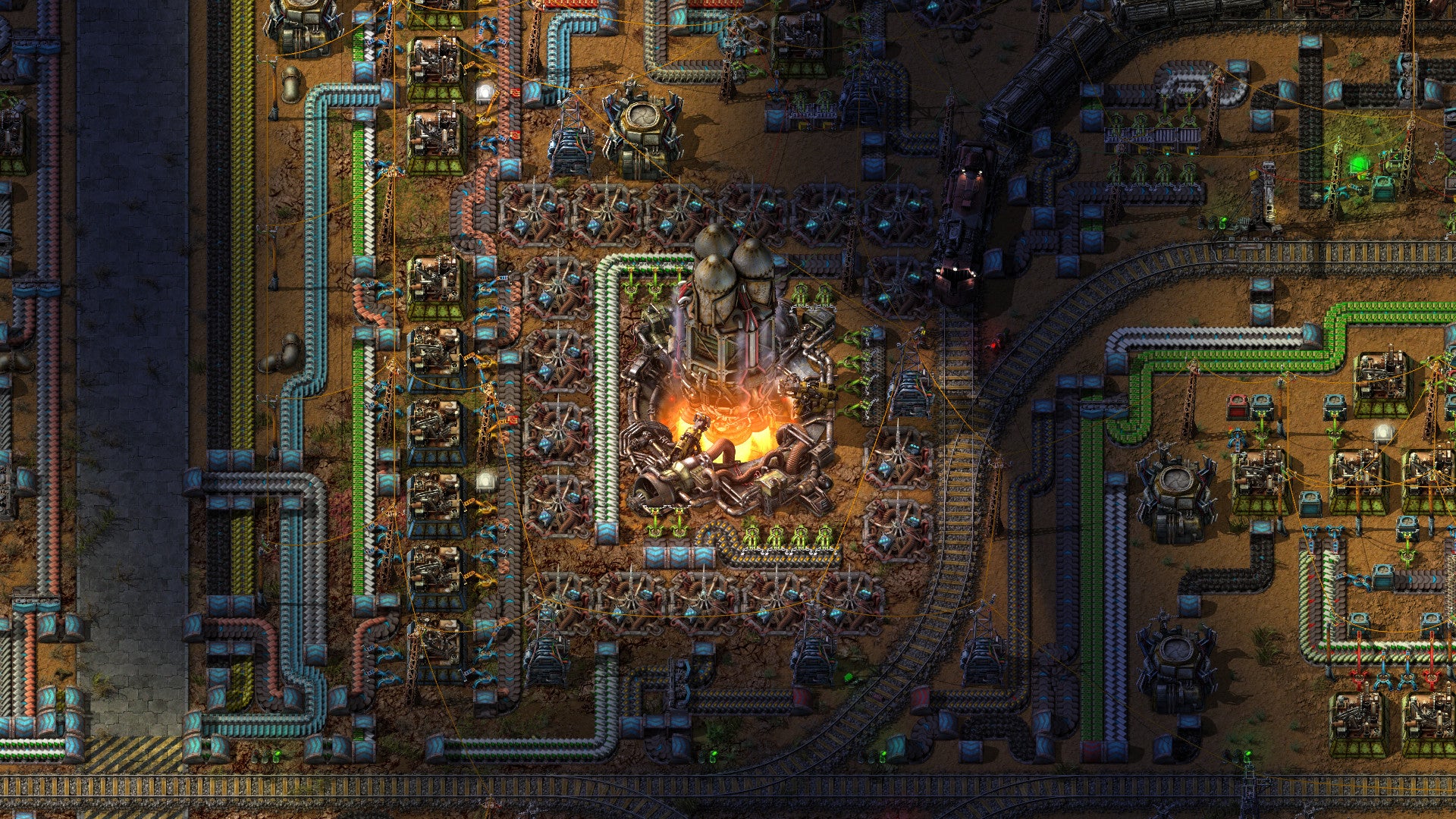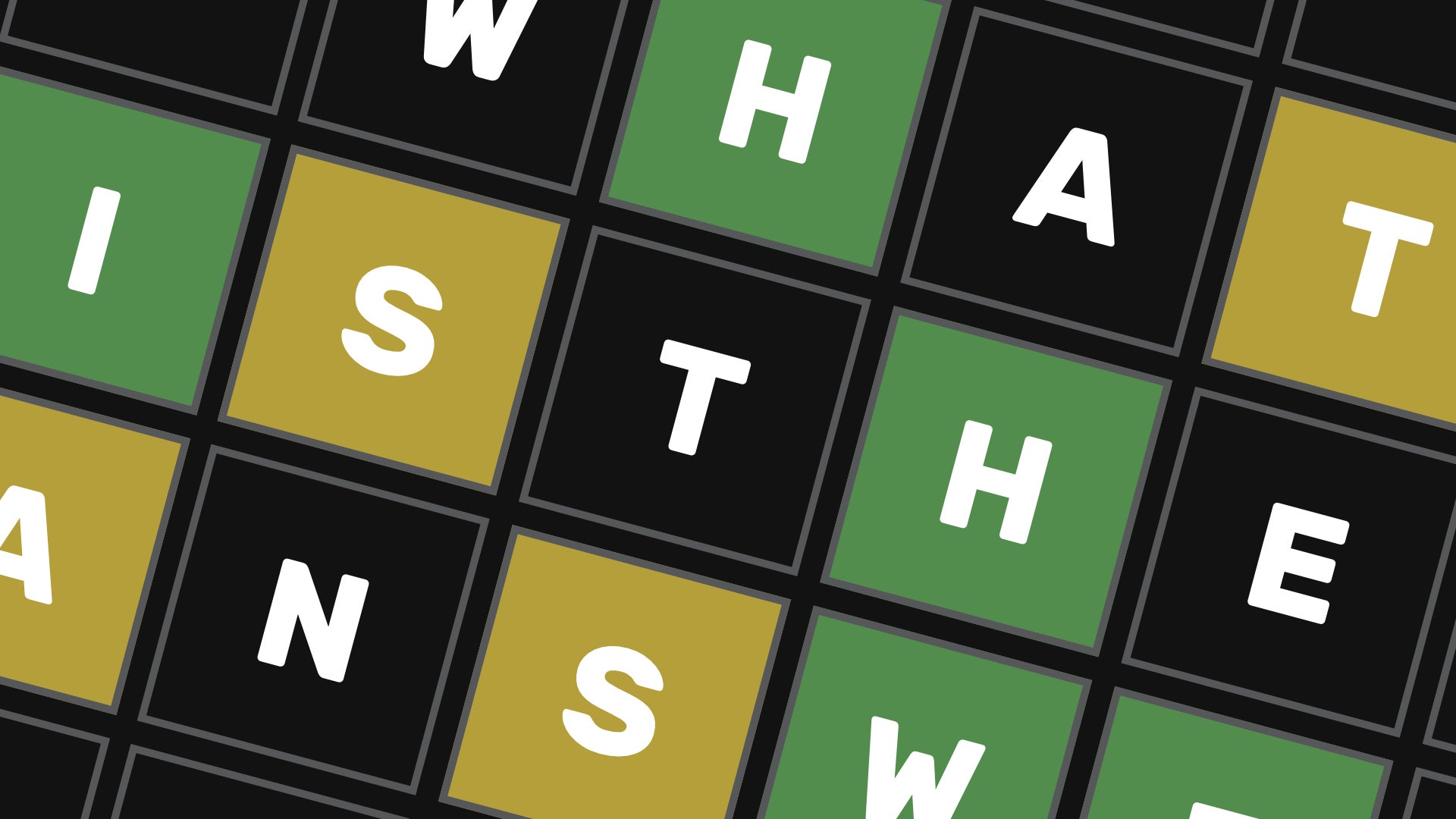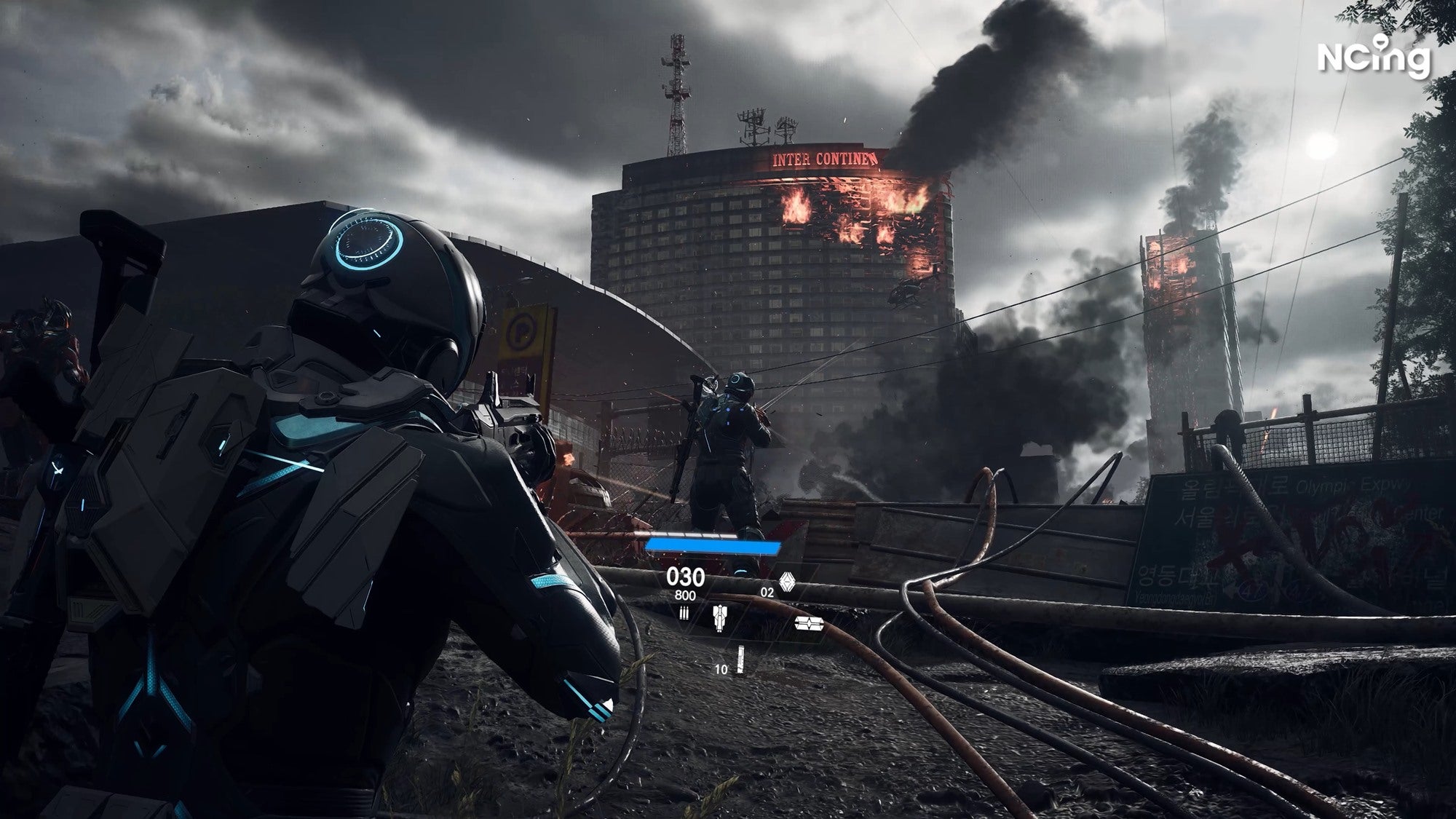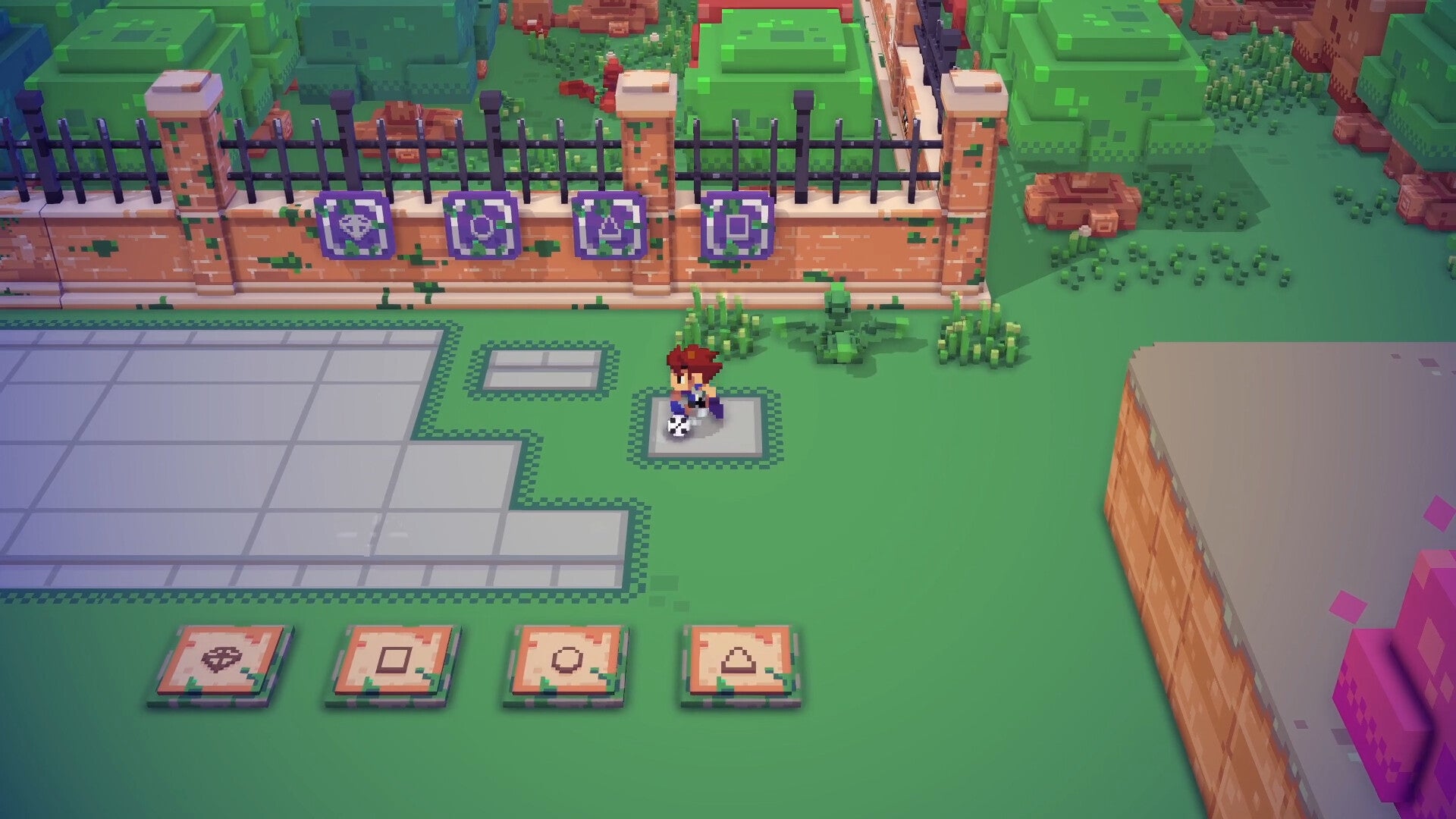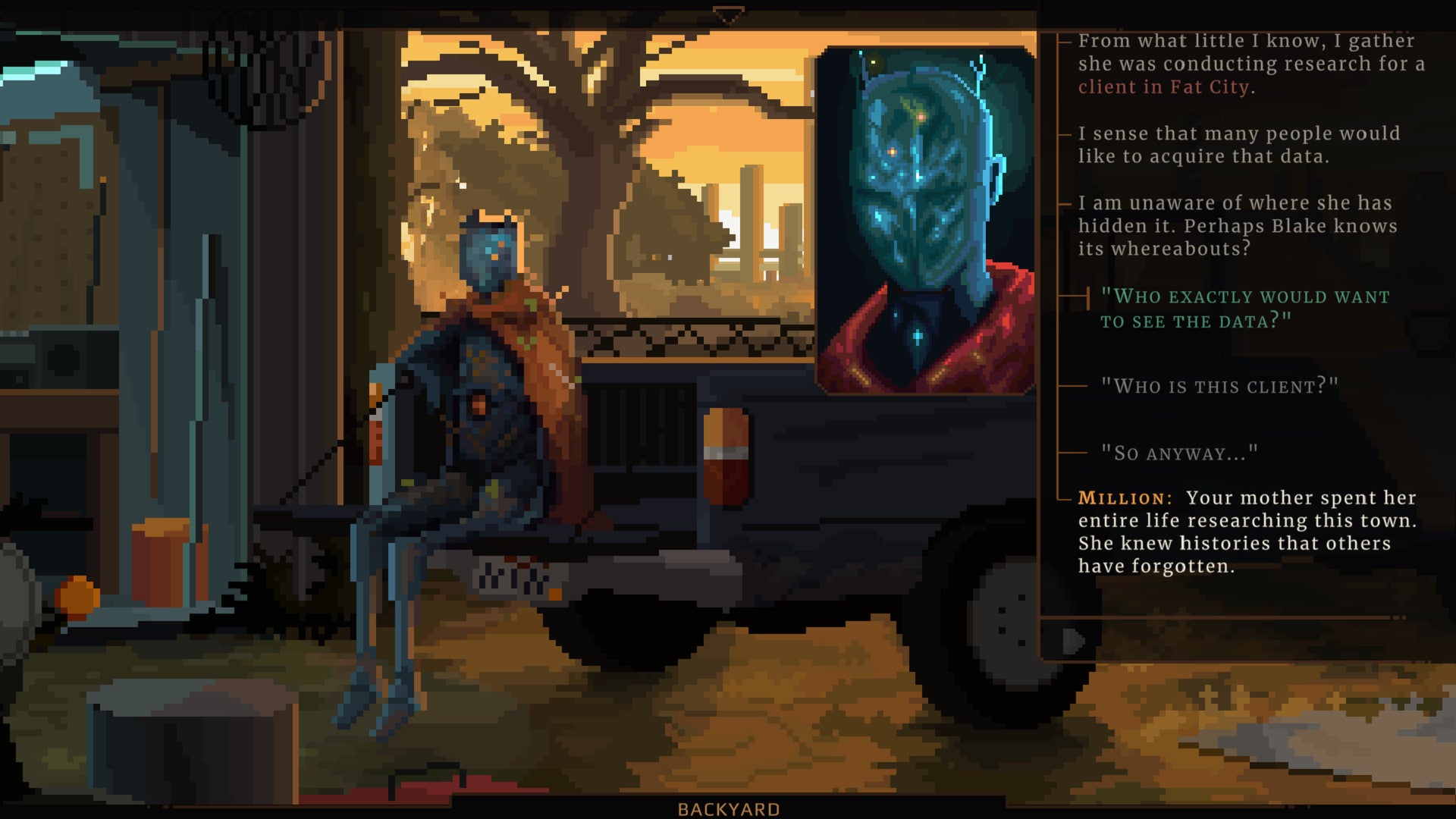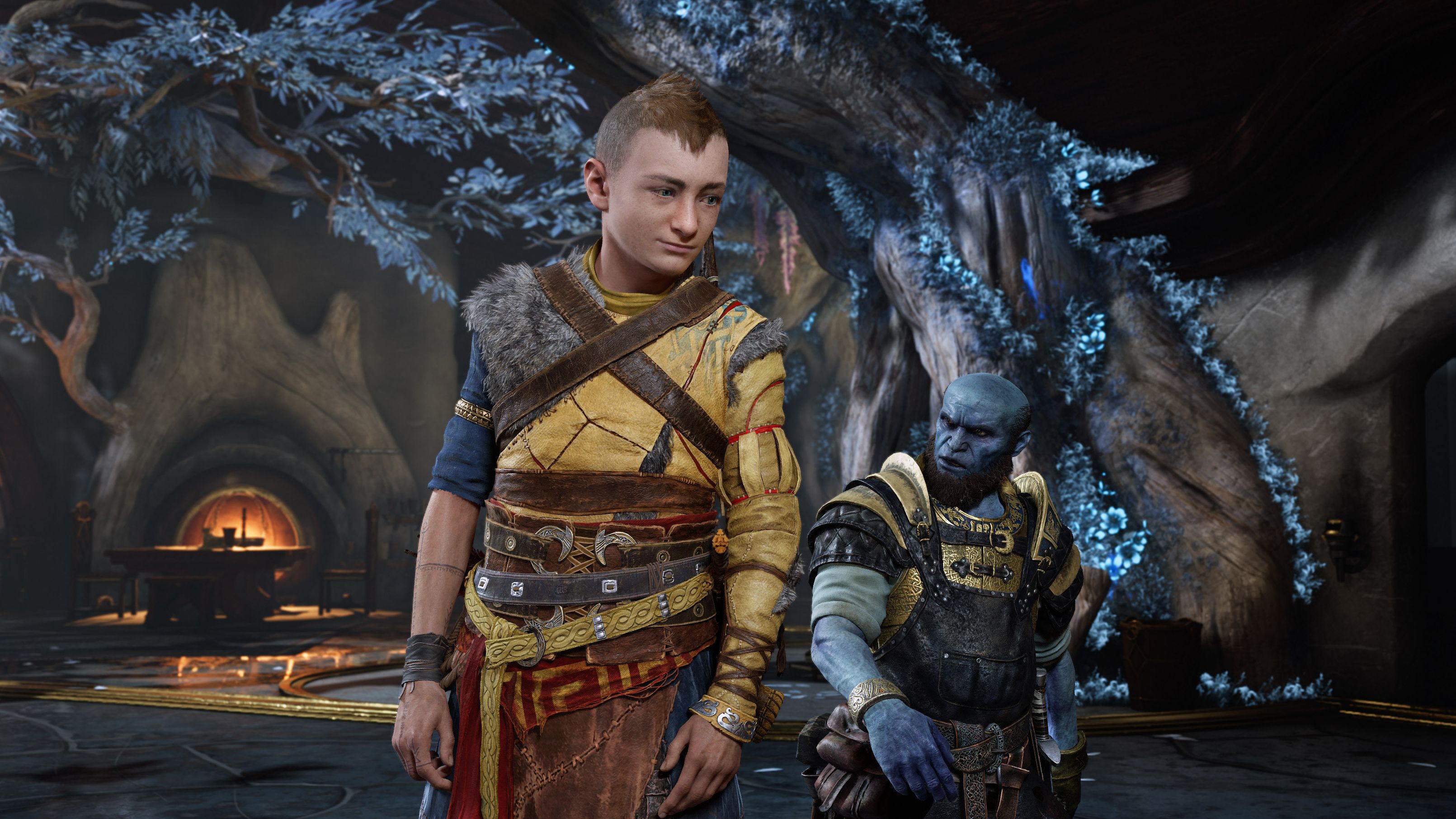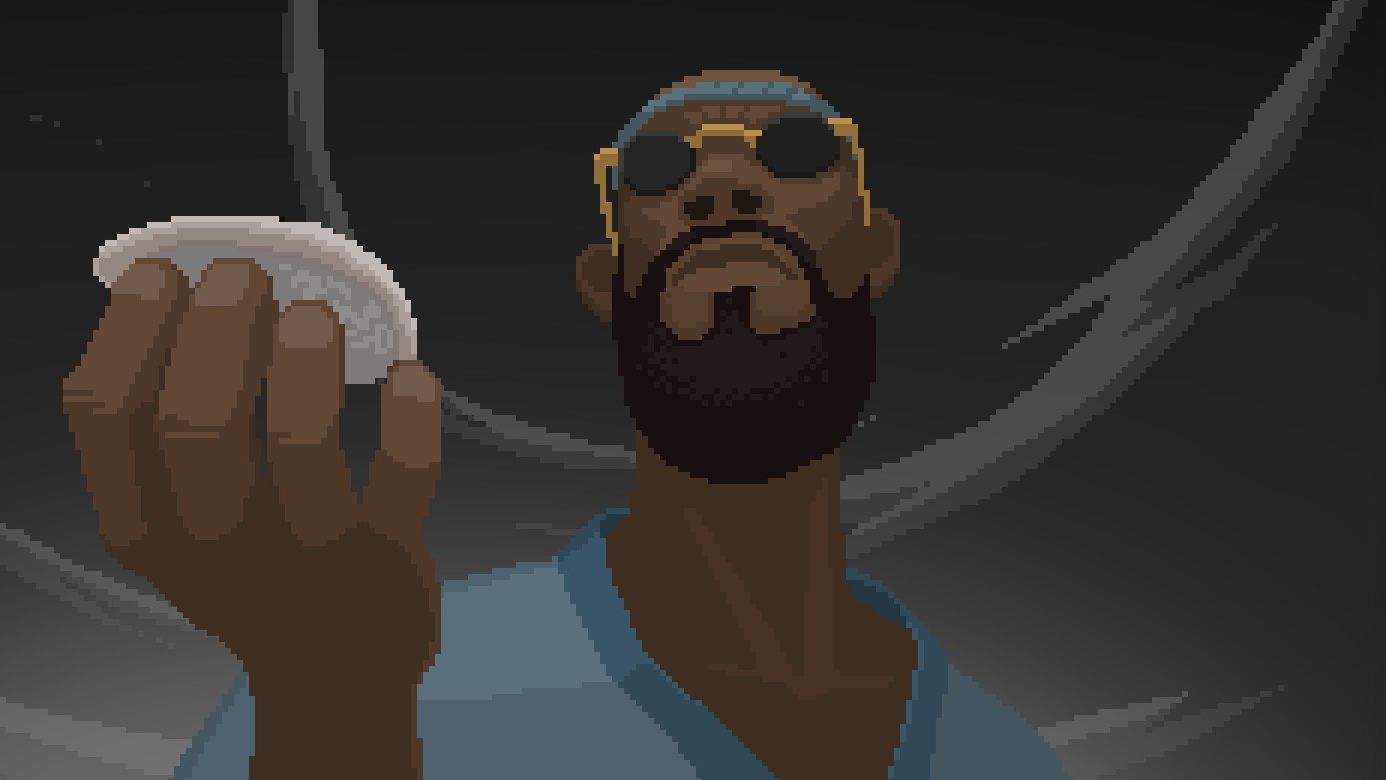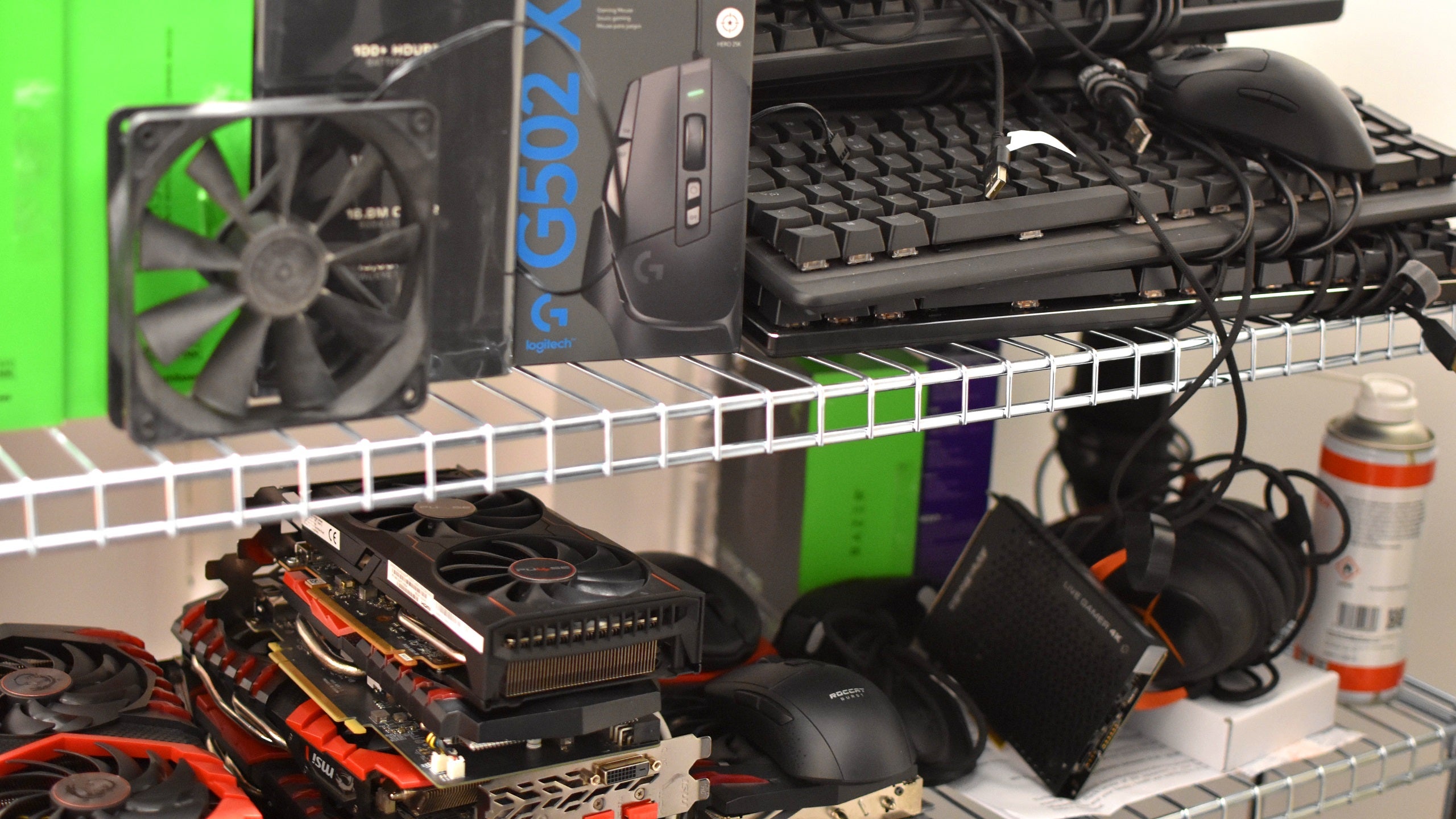The best platform games on PC
They say jump, we ask how high they rankThe biggest names in platforming used to live only on console, but it's on PC now that the genre is thriving. Indies have taken the simple ingredients and spun them off in umpteen directions (but still normally from left to right).
Below you'll find a collection of the very best platform games on PC - including puzzle platformers, physics platformers, platformers with roguelike elements, and platformers about absolutely nothing but pixel-perfect jumping.
Best platform games on PC
- Cuphead
- Shovel Knight: Treasure Trove
- Inside
- The Cave
- Braid
- Mark Of The Ninja
- Gunpoint
- Grow Home
- Spelunky
- Super Meat Boy
- Mirror's Edge
- N++
- Celeste
- VVVVVV
- Psychonauts
- Rayman Origins
Cuphead
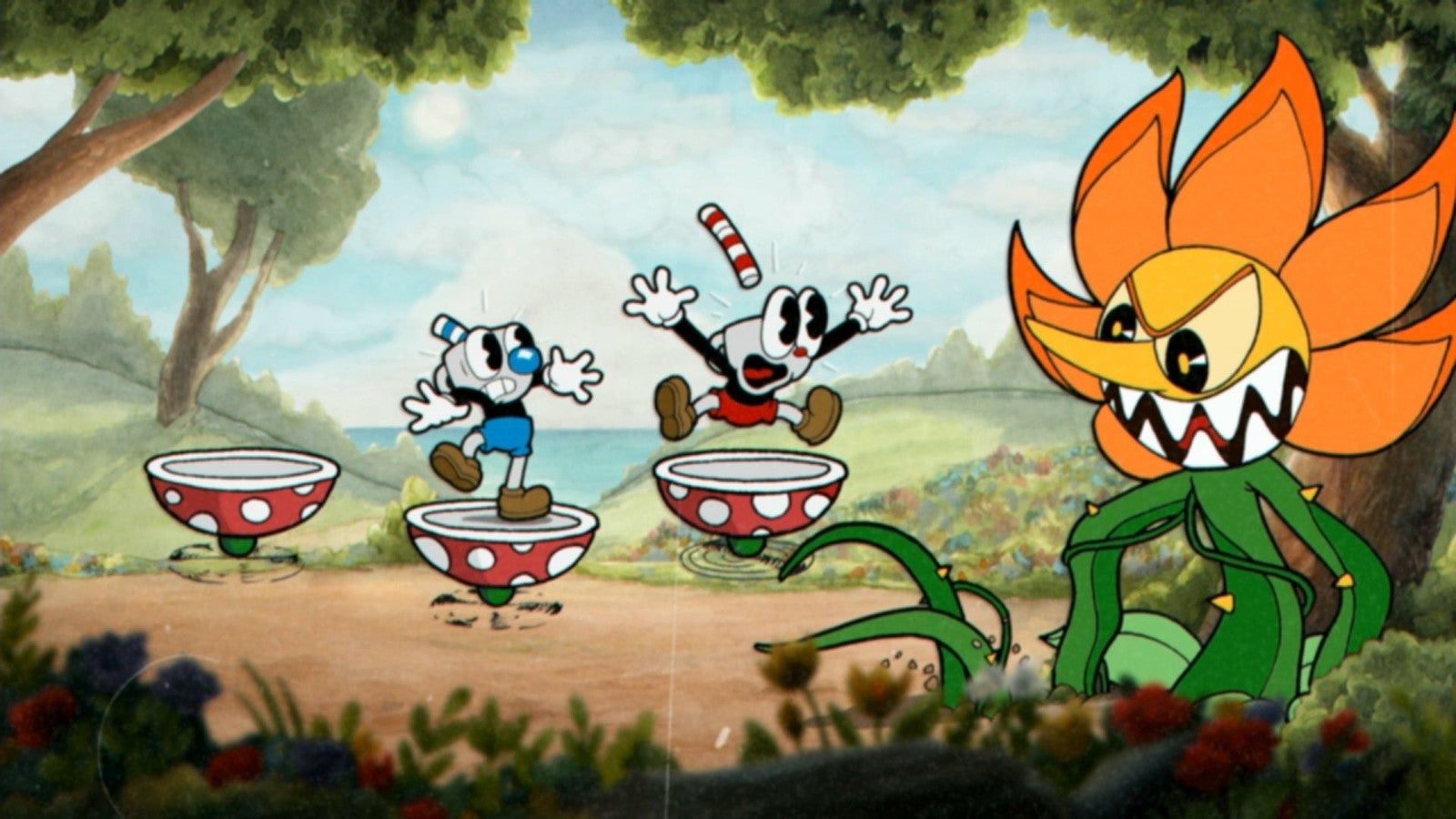
Cuphead. We’ve all seen it. Some of us have tried, and tried, and tried to beat it. A fantastic entry to the run and gun genre, mixing in a rubber hose animation which really adds character to the enemies and surroundings.
Players must sprint and jump their way across its brightly colored levels, leading to themed boss battles - like a giant gravestone and a sunflower that needs anger management lessons. There are power-ups, like a handy ability to turn into a plane, which can lower the difficulty wall somewhat.
The game is not easy. But that’s the joy of it: not only did Cuphead bring a new and creative idea and design with its vintage art style, but the game is also rewarding in its incredible difficulty. Players fight through never-ending barrages of animated foes in the classic 1930s style and leave with a massive sense of accomplishment after finally beating those bosses. Cuphead and Mugman teach a valuable lesson as they are thrown into the fray: please do not make a deal with the devil.
Where can I buy it: Steam, GOG, Humble
Shovel Knight: Treasure Trove
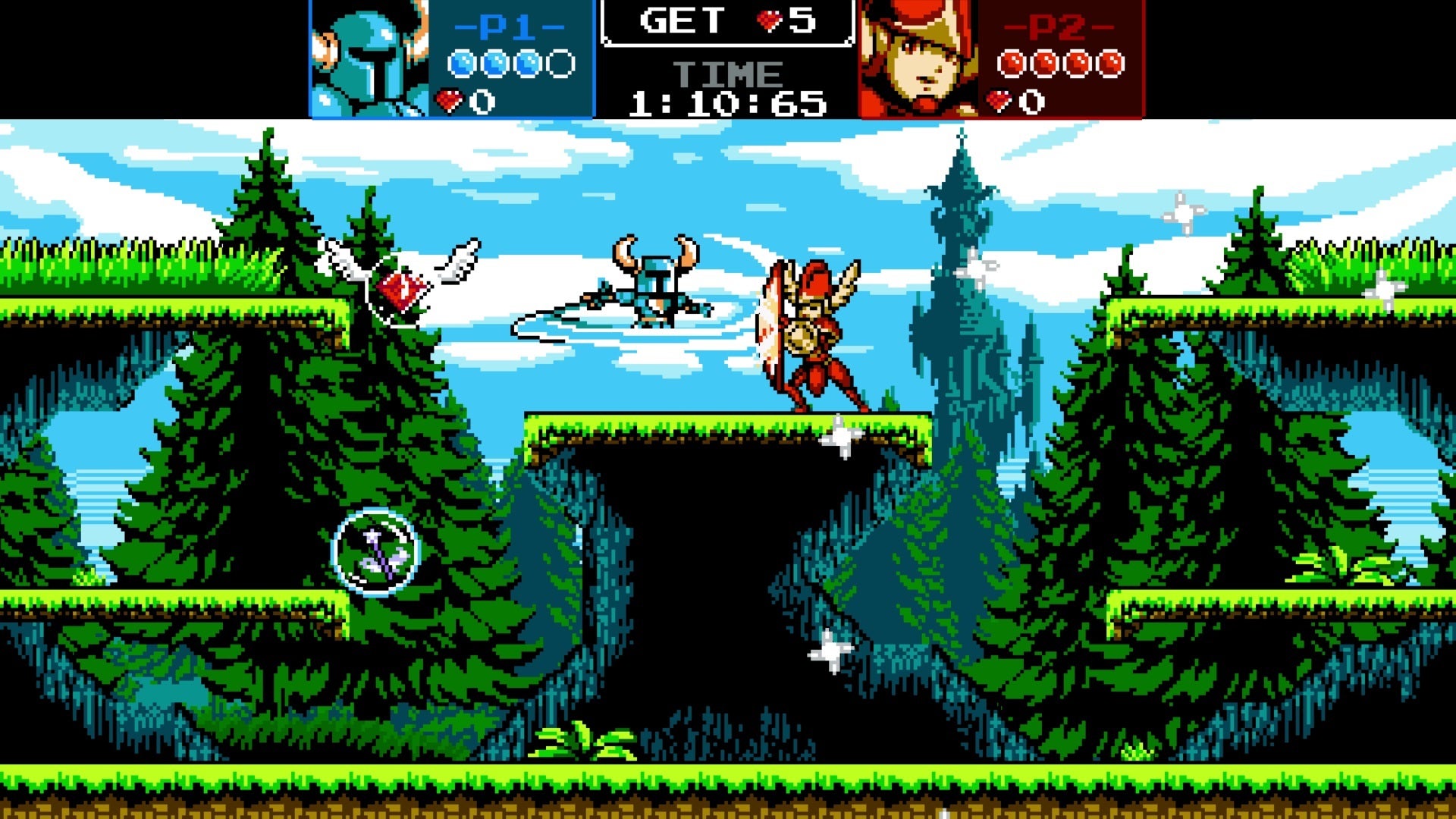
Yacht Club Games created one of today’s best side-scrolling games: Shovel Knight. The popularity of the game has allowed developers to release the lovely Treasure Trove collection.
The Treasure Trove features Shovel Knight, bundled with expansions for the game like Plague of Shadows - the aim is to battle your way through the world in search of the Knight’s lost love. Multiple villains litter your path and must be dealt with accordingly. There’s even the ‘ultimate fighting experience’ Shovel Knight Showdown in the Trove, too.
Shovel Knight is a perfect mix between now and then - intertwining modern mechanics with side-scrolling stages reminiscent of the NES era to create a delightful setting for knights to hop around. The soundtrack is not to be sniffed at either; frantic 8-bit beats accompany your journey and add to the feel of each level.
Where can I buy it: Steam
Inside
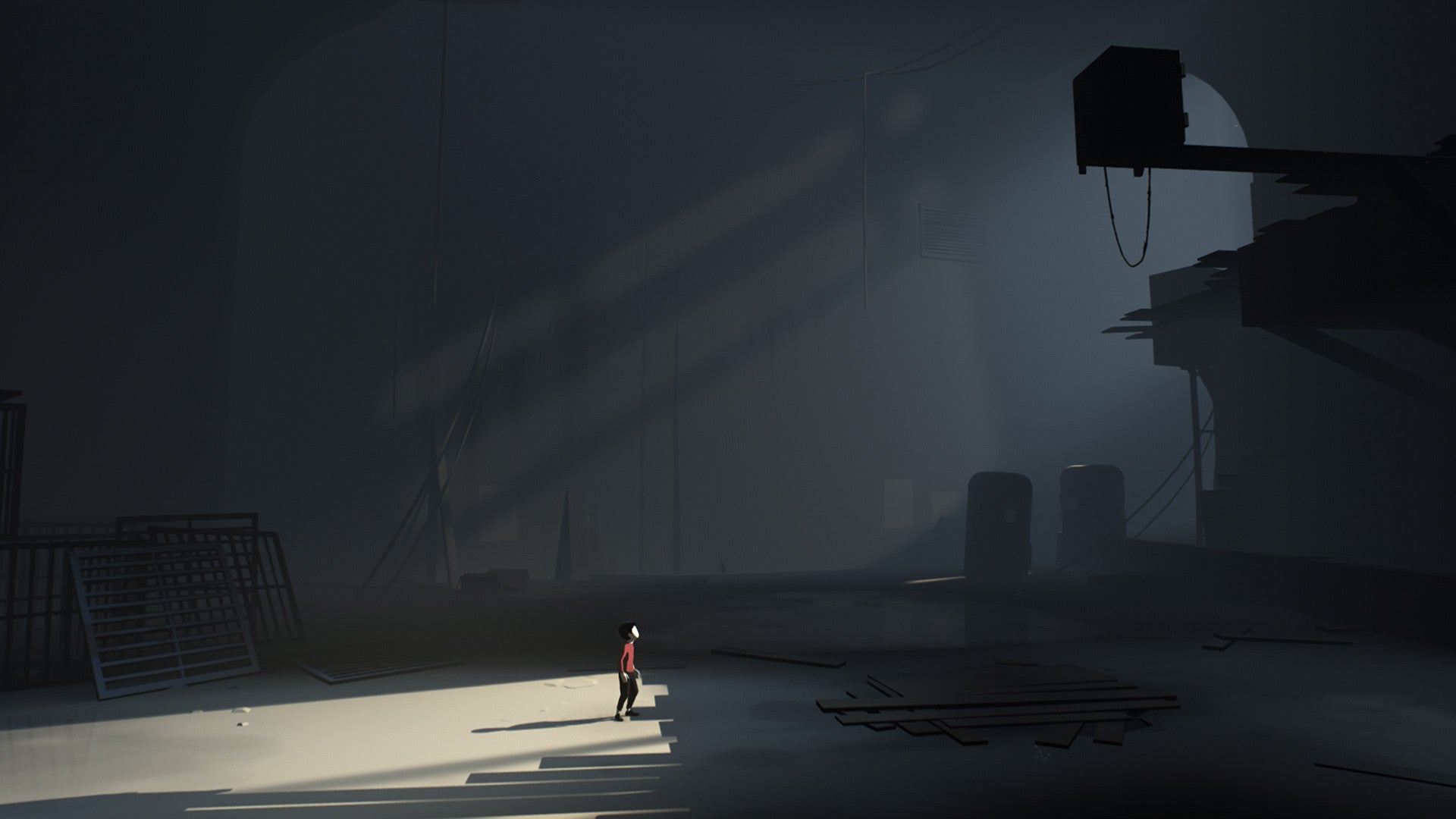
Inside starts in exactly the same place as its predecessor Limbo - the woods, with a small boy, in the dark - but soon winds up somewhere unique and peculiar. Many of the games on this list champion player freedom, to leap and swoop and soar. Inside is more or less the opposite. This is a game of creeping horror, tightly controlled in pacing and atmosphere, in which your actions will have no impact but to either move the story forward or get you killed.
That’s not for everyone, but it is the point. Whatever you make of Inside’s story, which is left open to a high degree of interpretation, there’s no doubt it’s about control, and you as the player are just one controlling influence on the boy. The stricture means you’re exposed to the kind of handcrafted moments platformers don’t usually get to play with: strange sights, one-off mechanics, and horrible, horrible animations. When a man chases you down, and you trip, and his hands are grasping at your face, it hits you somewhere in your spine. Inside has that much in common with Limbo: it makes you watch, even when it gets a bit too much.
Where can I buy it: Steam, GOG, Humble
The Cave
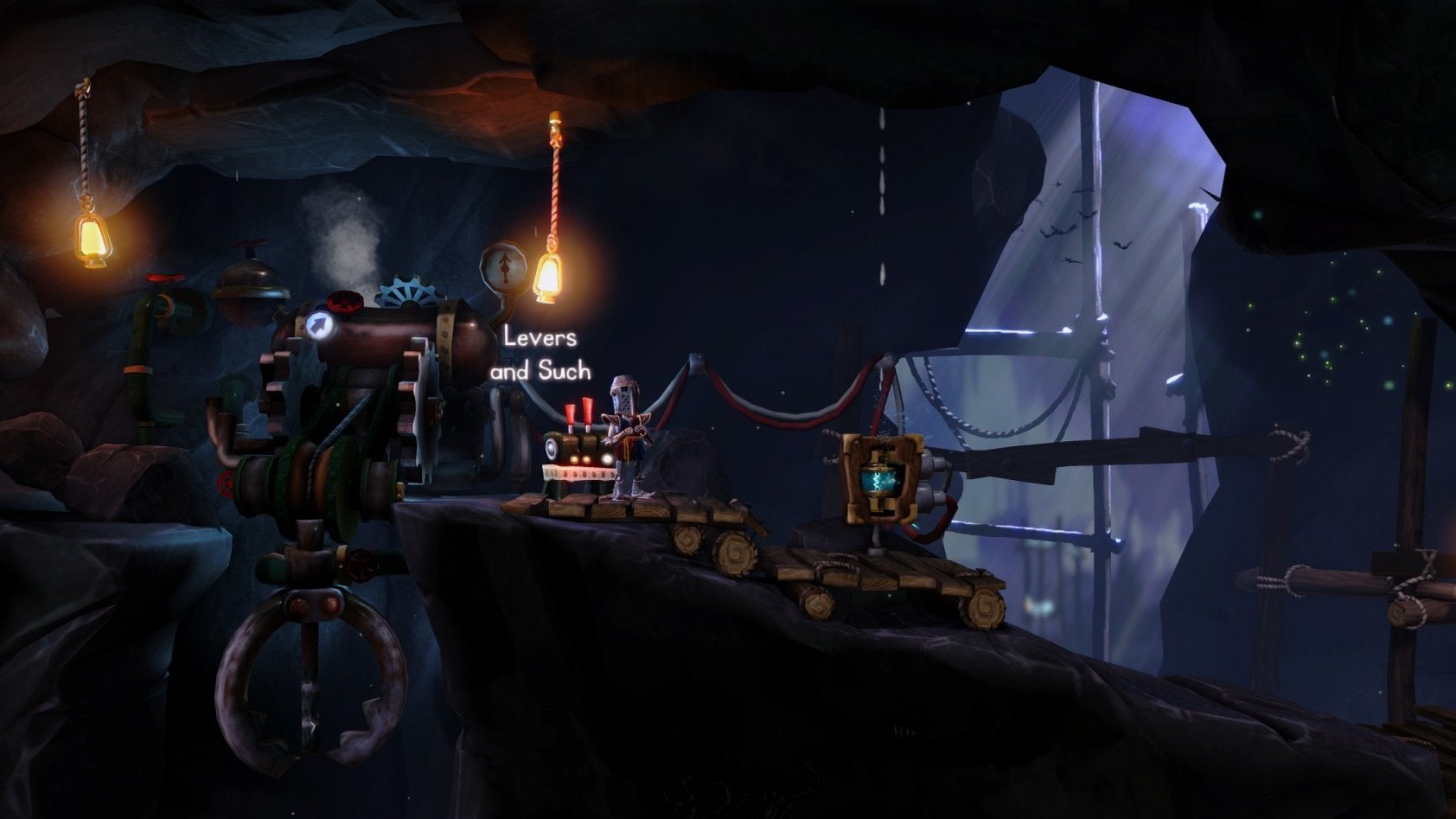
Double Fine is the only studio to have multiple games on this list, but its two great contributions to the platforming genre couldn’t be more different. Where the developer's early games were directed by Tim Schafer, adventure gaming’s master worldbuilder, The Cave came from the mind of Ron Gilbert, point-and-click’s finest puzzle designer.
Gilbert’s genius is in creating challenges that tell you something about his characters, advancing the story rather than delaying it. And the seven characters who star in The Cave are all uniformly terrible people. Even the more upstanding archetypes in its roster - the knight, the monk, the scientist - harbour awful secrets about how they acquired their status.
Rather than indulge in dialogue, though, Gilbert and his team have the cast reveal their inner darkness through puzzle-platforming. Very often a solution involves stepping on somebody’s head, metaphorically and sometimes physically.
The Cave is designed for three-player co-op, but there’s a slower-paced good time to be had swapping back and forth between three characters so that one can act as counterweight while the second steers a minecart and the other flips a lever, or whatever. That way you’ll have more time to soak up its wry malevolence.
Where can I buy it: Steam
Braid

Braid is the hipster cafe of platforming, serving a breakfast that sounds familiar but shows up deconstructed. There’s a squat protagonist, and green pipes and cannons that fire enemies, and a princess in another castle. But those elements are used as tools in time manipulation puzzles, and the princess is an excuse for meditation about the nature of relationships.
Your tolerance of purple prose and men with floppy hair may vary, but you can’t argue with the ingenuity of the game at the centre. Like every truly great platformer, Braid is a restless machine for ideas. At first, you’re merely able to rewind time to correct a mistake, as in Prince of Persia or Forza. Then, before long, you’re speeding time up by degrees, or making certain objects exempt from time's passage. Better still, you’re trusted to work out the application of your new powers on your own, nudged in the right direction by the challenges in front of you.
Like Elgar’s Enigma Variations, Braid is elegant, constantly changing, and just a bit pompous. But it’s less concerned with being smart than making you feel smart, and that’s what makes its puzzles so enduring.
Where can I buy it: Steam, GOG, Humble
Mark of the Ninja
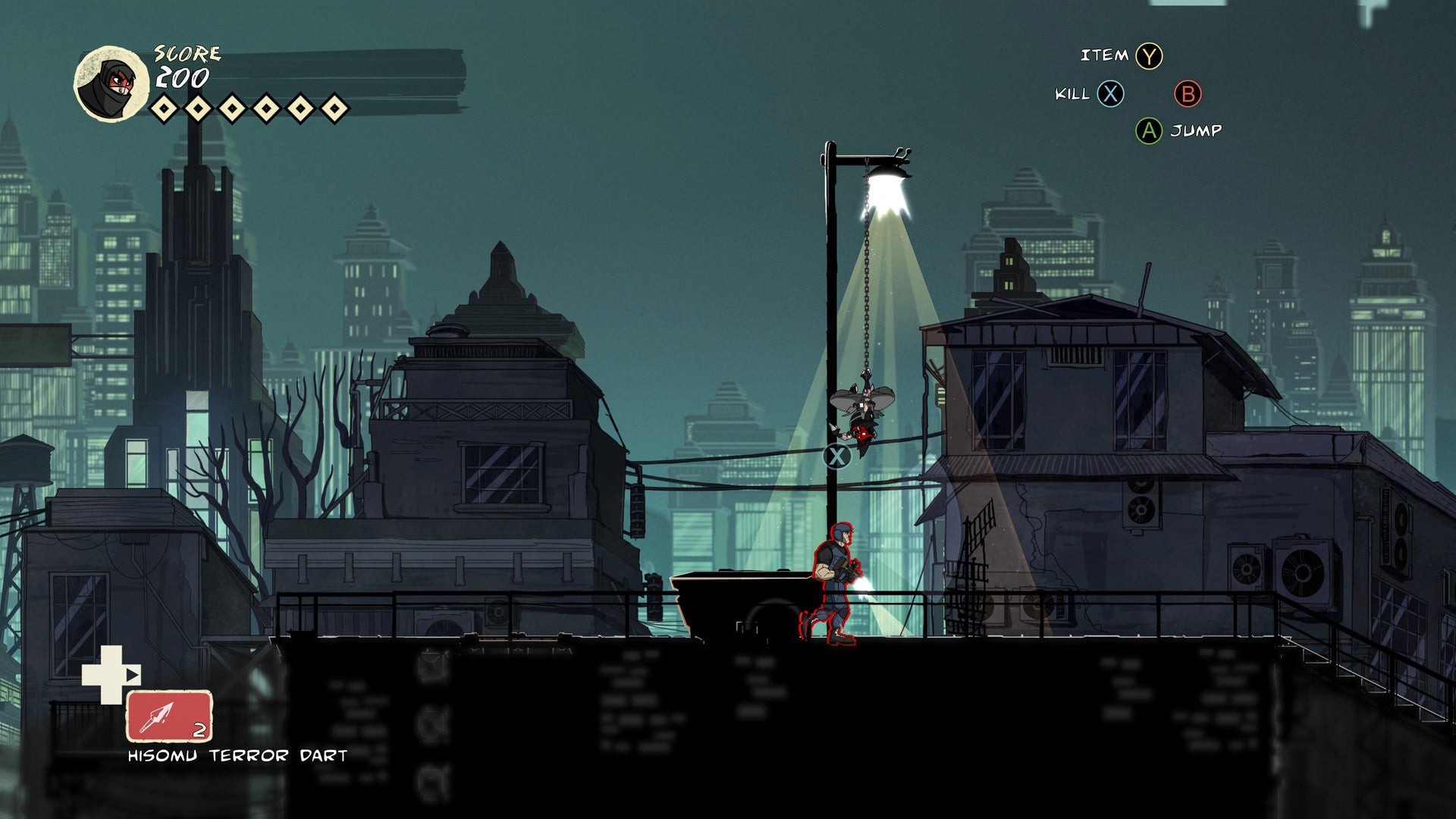
If you’ve played Invisible, Inc. you'll know developer Klei has a knack for slipping stealth into places it doesn’t belong. Before the studio made XCOM sneaky, it put together the quintessential stealth platformer, which you can now play in Remastered form. High resolutions have only made the blades sharper.
Mark of the Ninja squeezes the 3D immersive sim dry and boils its juices in the pan, leaving a reduced but more intense flavour. If you were frustrated by well-planned schemes going wrong in Dishonored, you’ll find it far easier to match your intent here, simply because the 2D perspective cuts down the variables. The satisfaction of dropping from a vent directly onto somebody’s head becomes far more frequent. “The beginning of a kill is like embracing a lover,” Mark of the Ninja tells you. “The end, of course, is not.”
Everything you might expect from a great stealth game can be found here: guards who exist in different states of alertness and track your last known position; lights which break to conceal your movements and cause distraction; laser tripwires and gadgets which, when deployed well, can save you from all kinds of scrapes. Klei condenses, but it doesn’t compromise. It didn’t call the protagonist Mark, though, so missed a trick there.
Where can I buy it: Steam, GOG
Gunpoint
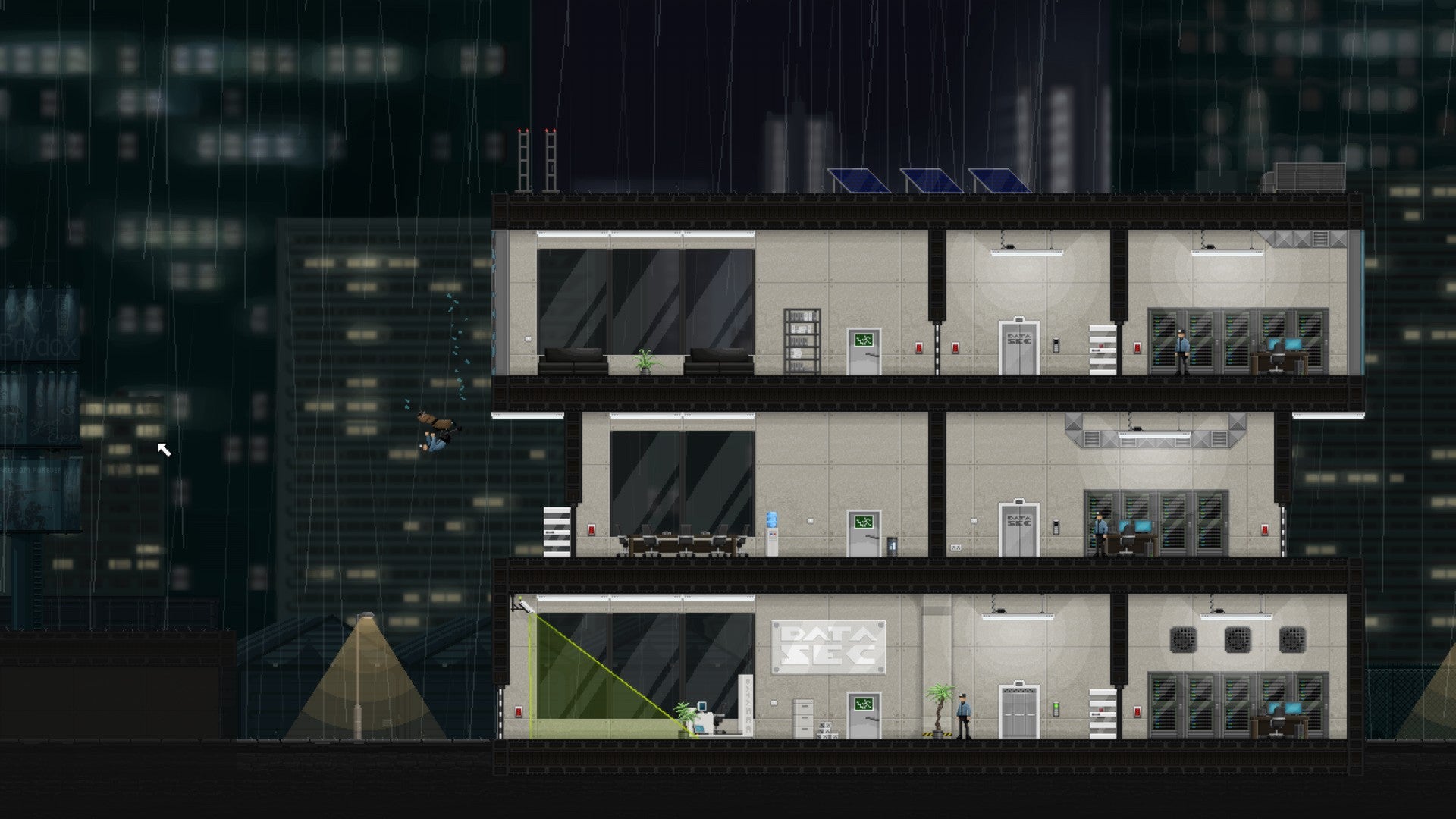
Gunpoint stars a freelance detective who moves like the kind of insect you find in your rental villa on the first day of holiday - making sudden, frightening jumps and sticking to the walls. That’ll be his Bullfrog brand hypertrousers. It might not make a lick of sense, but it does feel wonderful to play a platformer that’s best suited to the mouse.
The same is true for Gunpoint’s puzzles, which cast you more as a freelance electrician - rewiring the buildings you infiltrate so that, say, an automatic door triggers the light switch, giving you a moment in darkness to pounce on a guard and punch them six or seven times. If that fails, you can always jump out of the nearest window. It’s encouraged.
It’s smart stuff, but daft with it. Often developers seem afraid that a bit of levity will take away from their carefully curated pathos, but Gunpoint tells a moving story across its short and silly run time, primarily through text messages. As anybody on this planet can tell you, there’s little more tense or exhilarating than the gap between a message sent and the one you get in return.
Disclosure: Gunpoint designer Tom Francis has written for this site, with the same thoughtfulness and humour that makes his game such a banger.
Where can I buy it: Steam, Humble
Grow Home
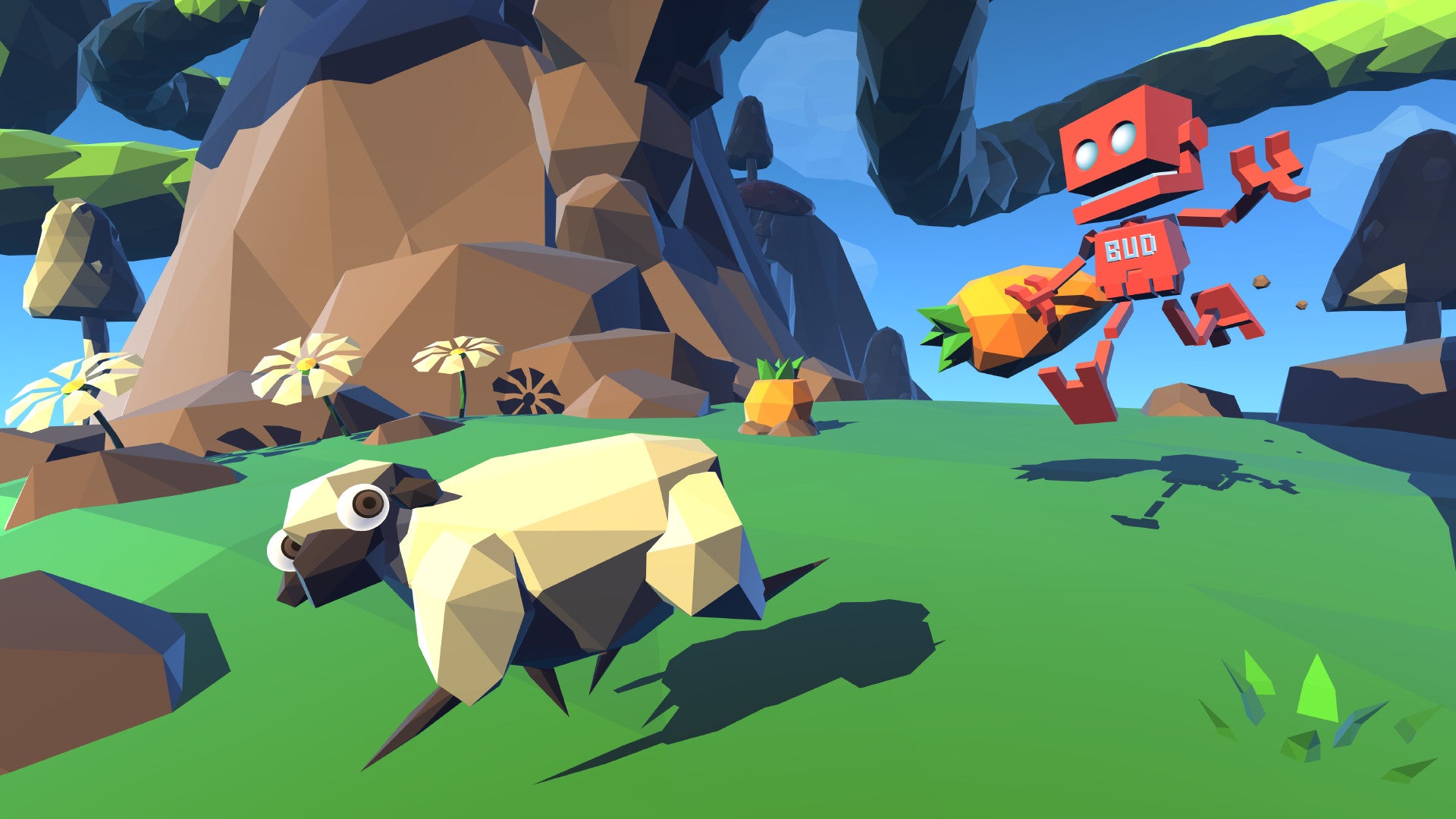
Ubisoft had spent the better part of a decade making traversal as smooth as possible before Grow Home, smoothing over the clumsy button presses of Assassin’s Creed players to sell the illusion of parkour. But when Ubisoft Reflections developed a prototype for a procedurally animated climber, they knew its clumsy ambulation couldn’t look cool. Instead they leaned into the clumsiness, creating a stumbling, glitchy, and deeply charming robot named BUD.
Your goal is to continuously climb and extend a gigantic beanstalk, and in the process oxygenate the tiny planet you occupy. That starts with navigating the terrain by controlling each hand individually, grabbing with the left and right mouse buttons. But soon enough you’re zipping through the air beneath a glider fashioned from a leaf. It’s pure joy in movement, and the magic is that it comes from gleeful goofiness rather than somewhere slicker.
Grow Up, the brilliantly-named sequel, used plantable seeds to expand BUD’s set of verbs in clever ways, but otherwise represents more of the same. Given that Grow Home wraps up in just a handful of hours, that might not seem such a bad thing.
Where can I buy it: Steam, Humble
Spelunky
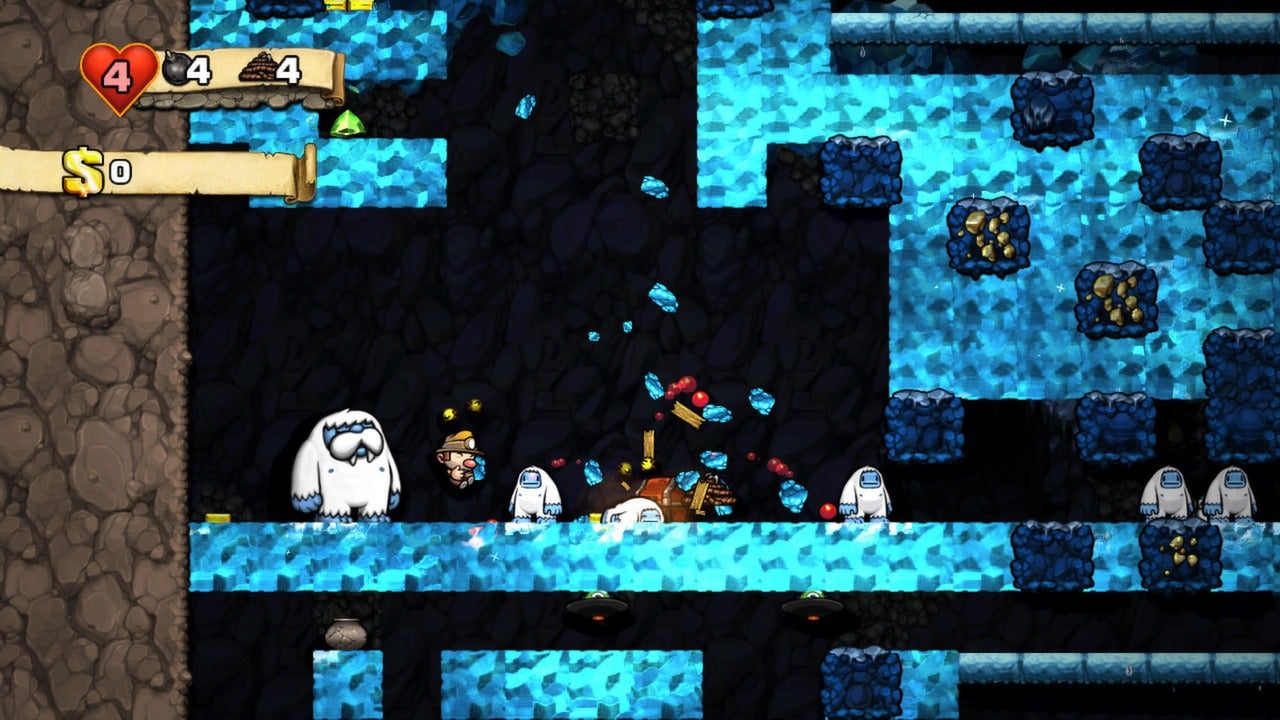
Spelunky is a roguelite, yes, but that doesn't make it less of a platformer. There are no XP unlocks, nor stat increases to your health. Every run begins the same way, and only finesse can get you further than last time.
The dungeon is always different, but familiar elements are remixed, and that's what allows you to gradually get a handle on the game. It’s possible to remember the angle at which a bat leaves its perch, and how many whips a frog can take before it explodes, and that knowledge keeps you safe. Or safer.
What keeps Spelunky fresh is its systemic depth. Learning that if an explosive can be hurled, and a web can trap you in place, then it follows you can fling said explosive right into a giant spider’s den as a kind of sticky bomb. That if the shopkeeper isn’t just a function, but a flesh and blood NPC, then he can be killed - but that the consequences of the act will spiral, since all the shopkeepers carry both shotguns and a grudge, and you’ve made a deadly enemy that will haunt you unto death.
Where can I buy it: Steam, GOG
Super Meat Boy
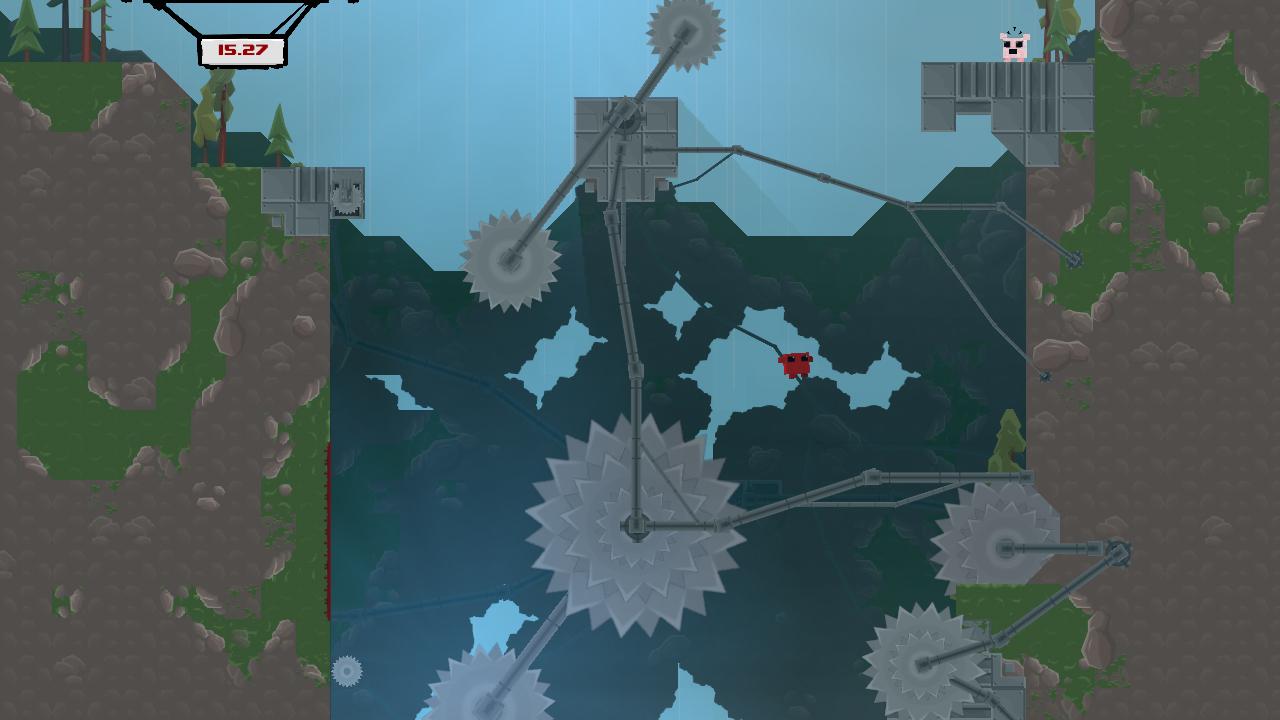
Nothing has done more to transform PC platforming than Adobe Flash, the browser software that allowed indie devs to cheaply experiment before we even knew to call them indie devs. From that fertile ground grew Ed McMillen, later renowned for The Binding of Isaac, and his Meat Boy.
The defining characteristic of the sentient steak is his precision. The moment you let go of the jump button, Meat Boy begins to drop. Hit the sprint key, even in mid-air, and he’ll speed up instantly. That responsiveness comes at the cost of buoyancy, but allows you to soar through obstacle courses of circular saws in a way Mario simply couldn’t. He’d be spaghetti within seconds.
When one of those many blades does nick Meat Boy’s flesh, he bursts instantly, blood splattering in every direction. Which serves not just to satisfy McMillen’s obsession with body horror, but to leave bright red reminders of where you went wrong on the map. Respawns are instant, lives infinite, and levels tiny - so it’s a small matter to start again and internalise your mistakes. It’s hard to overstate Super Meat Boy’s influence in minimising frustration in the platforming genre, and thereby bringing expertise within easy grasp.
Where can I buy it: Steam, Humble
Mirror's Edge
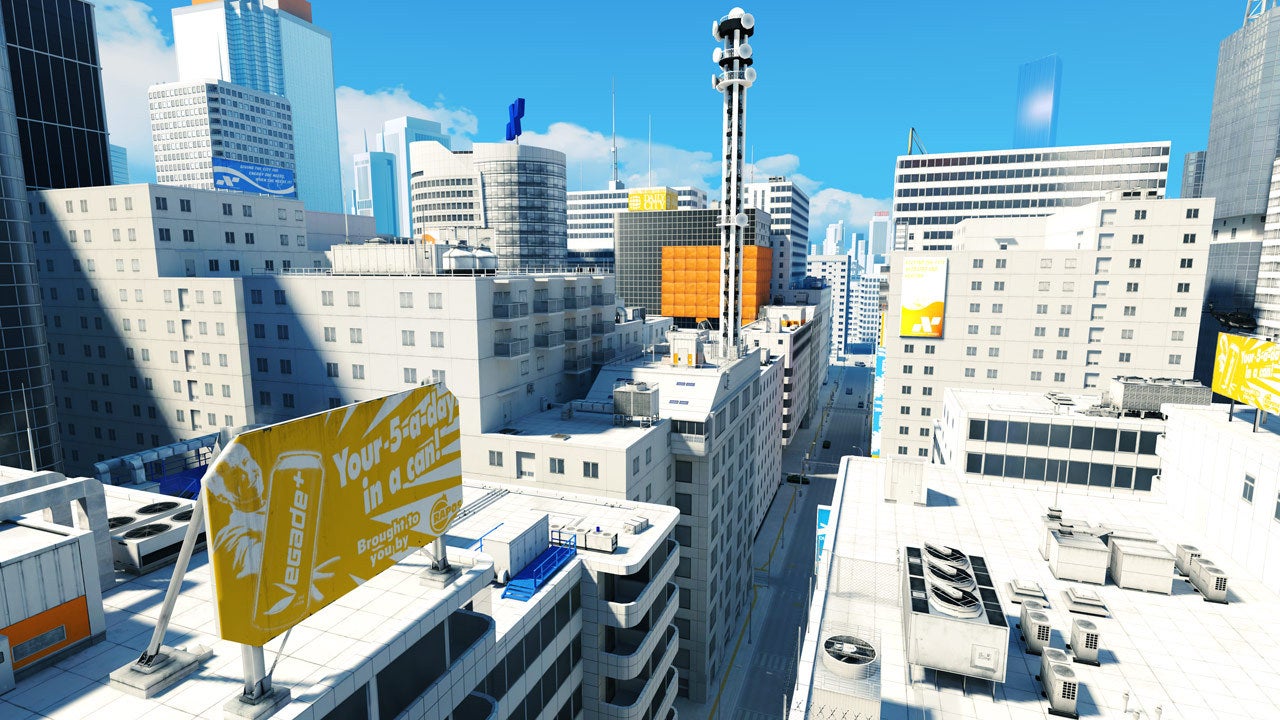
Sonic, which is absent from this list, is nominally a game about going fast. But it forces you to rote learn the obstacles approaching you at high speeds in every level, since you’ve no hope of reacting to them in real-time. Robotnik has got it right, floating above it all in his jet-powered egg cup.
Mind you, when I play Mirror’s Edge, I can almost imagine loving Sonic. DICE’s first-person platformer makes a virtue of memorising routes, turning the act into a form of composition. Sure, this zipline certainly appears to be the quickest way off the rooftop, but it ends in a padded landing that kills your speed. Better to sidestep onto a lower level and crash through a stairwell, conserving all that accumulated momentum until even the sound of your footsteps disappears, leaving only the wind in your ears.
The first-person persective has an important implication for a platformer, and that's the expectation of realism. Faith’s jumps are modest, but a combination of leaps, spins and wall-runs can get you into all manner of spots that you might suspect at first glance to be out of reach. It’s a game that rewards the ambitious, especially if your motivation is to shave a few seconds off your time.
Where can I buy it: Origin, GOG
N++
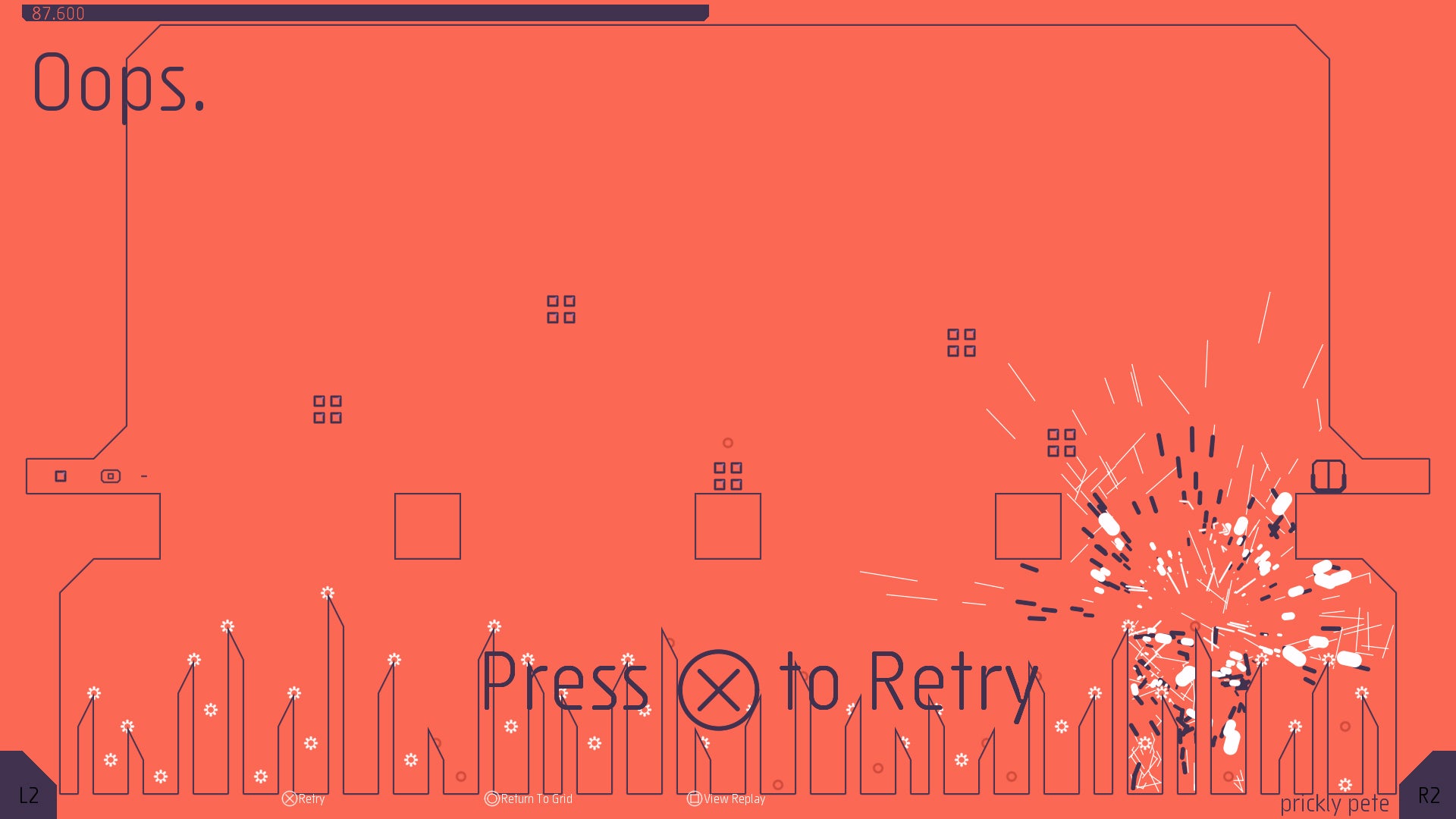
I don't have the numbers in front of me, but I can say with reasonable certainty that mastering N’s strange physics was the object of every school lunch break between the years of 2004 and 2008. Another treasure of the Flash age, this was a minimalist oddity about steering a silhouette towards a doorway through an abstract array of electric orbs and laser bots, without upsetting too many of them in the process. N++ is the game’s final form, and a very fine one at that.
Like Super Meat Boy, N++ all but removes the consequences for failure beyond sending you back to the start of the screen, and that emboldens you to fling yourself around each level, bouncing off the grey walls. You only need to get it right once.
In multiplayer it becomes a different game entirely, about dependence and sacrifice. Levels are frequently designed so that one player can reach the exit only if the other dies. It’s fair to say that the experience of presenting yourself on the altar, having worked terribly hard to ensure both of you made it through, gives N++ a unique character. There’s nothing else like it in either platforming or co-op games.
Where can I buy it: Steam, ">Humble
Celeste
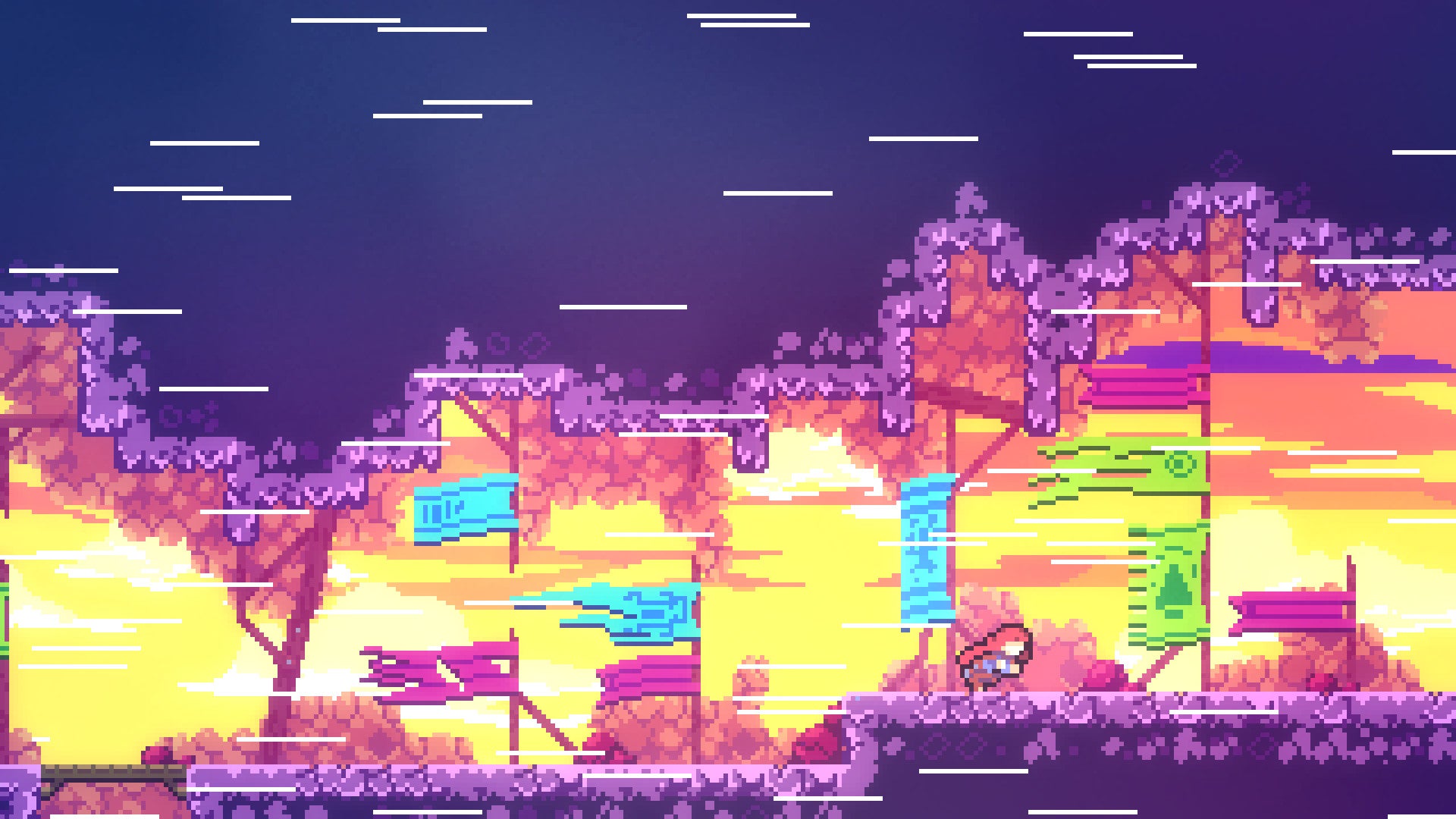
The platformer rarely messes with metaphor, or dabbles in themes. It is, by and large, a genre to be taken at face value. That's not the case with Celeste, a challenging ascent from the team behind TowerFall. It stars a young woman named Madeline, who has decided to climb a mountain, which is both physical and a manifestation of her struggle with anxiety.
Not long after her journey begins, Madeline comes across a mirror which shows an unflattering reflection of herself. Once that cruel self-image breaks out of its prison, it never leaves her alone.
"You are many things, darling, but you are not a mountain climber", Madeline's self-image says. "I know it's not your strong suit, but be reasonable for once. You can't handle this."
You don't need to have suffered from anxiety to appreciate Celeste, but like a lot of great interactive art, it might cause you to empathise better with those who do. The game's masterstroke is in not letting its difficulty induce the feelings it tackles. Although a testing platformer, its menus are filled with tools to help you through tricky passages - from temporary invulnerability and chapter skipping to setting the game speed at a manageable tempo.
Where can I buy it: Steam, Humble
VVVVVV
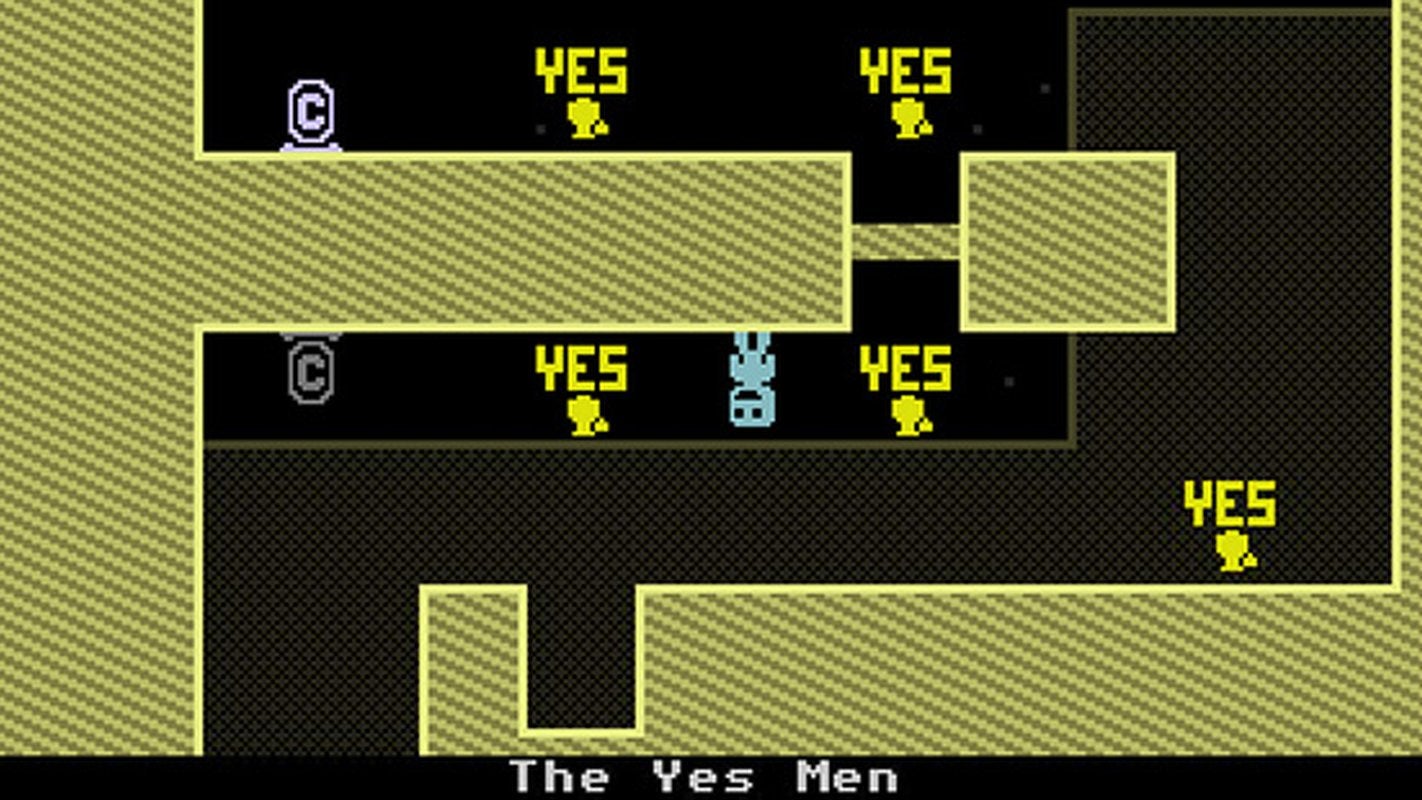
VVVVVV doesn’t have a jump key, per se; hitting the space bar turns Captain Viridian’s smile upside down, and he falls into the ceiling instead of the floor. While hardly the only platformer to flip gravity, there are none better than Terry Cavanagh’s opus. Like Super Hexagon after it, VVVVVV did away with the frills and funnelled you through abstract courses where your enemies were spikes and shapes - or in one instance, simply the word ‘LIES’ fired repeatedly from a speaker like Bullet Bills.
By stripping away all distractions, Cavanagh leaves you to focus on the challenge at hand, and only that challenge. Death is instant on contact, but quick resets send you back just a handful of seconds, the muscle memory still within reach. It’s this letterbox scope that allows you to improve in ludicrously short spans of time, overcoming obscene obstacles that just minutes ago were, by any sensible measure, impossible.
And the soundtrack! Like Cavanagh, composer SoulEye picks from a limited palette, and achieves similar feats of virtuosity. Where the game’s world is covered by sharp edges, the chiptune sounds are thick and cushy, lending your desperate adventure to reunite a ship’s crew an irrepressible optimism.
Where can I buy it: Steam, GOG, Humble
Psychonauts
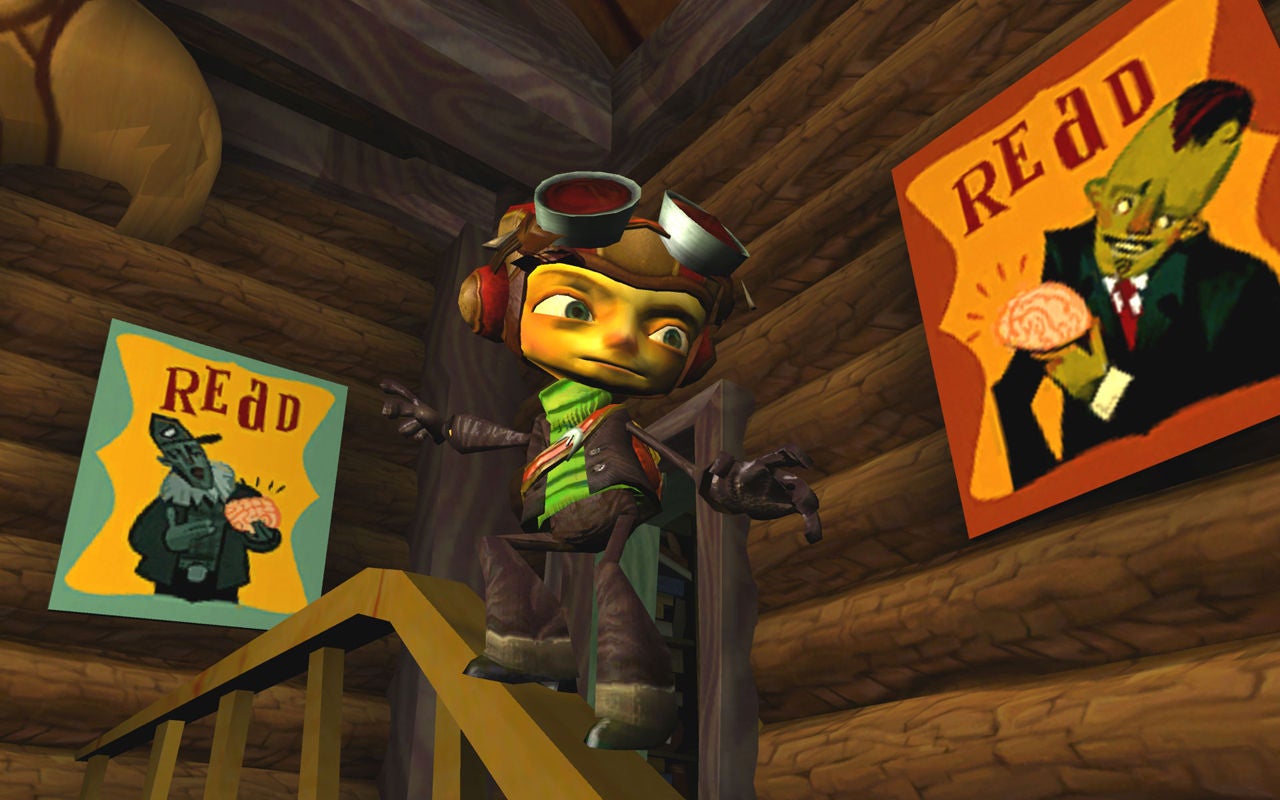
It's not the way of the platformer to worldbuild - a loose premise and determined expression goes a long way in this genre. But once Tim Schafer got hold of it, that all changed. The hub that connects zones became a summer camp for the psychically gifted; the zones themselves each a view into the psyche of somebody in the game's cast. Double Fine's offbeat whimsy thrived here, since brains are the stuff of comedy: home to all our silliest hang-ups and short circuits in logic. But the laughs are sugar to help the sadness go down, because brains are frequently tragic places too: blank cubes of repression, or constant parties to distract from the dark secrets hidden out of view.
Crucially, they got the basics right. It takes audacity to go up against Nintendo after a decade in point-and-click adventure games, but the nascent Double Fine spent a gruelling half a decade playtesting Psychonauts. As a result, the nuts and bolts are tight and well-oiled - even if the occasional combat can feel slight and unnecessary. As with Schafer's writing, the sheer sense of ease belies the process it took to get there - it takes sweat and toil to look this effortless. If the first installment leaves you wanting more, then fear not - Psychonauts 2 is available to satiate the cravings.
Where can I buy it: Steam, GOG
Rayman Origins
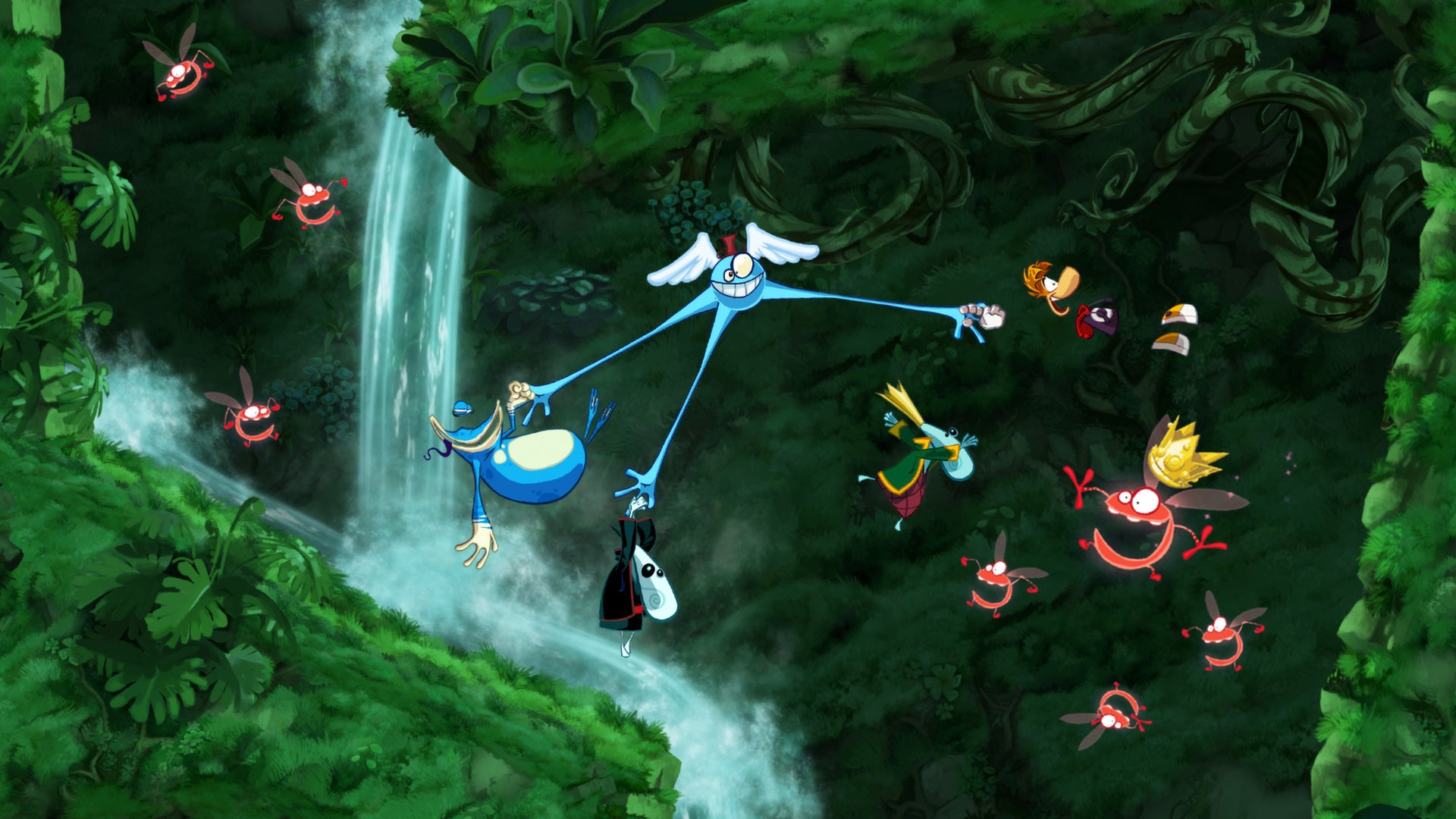
Rayman is a cipher, a barely-there company mascot you’ll never find patterned across a child’s bedspread or printed onto a lunchbox. But that very nothingness has made him flexible where his peers are fixed and conservative. Over the decades, he has been the star of retro Cuphead, an atmospheric prototype for Beyond Good & Evil, and sidekick to a race of rampant, rabbit-like creatures. Finally, Rayman became this: the ultimate expression of momentum in classic platforming. It’s about finding glee in motion - barrelling ever forward, turning falls into slides and punches into spins that carry you further.
There’s a fantastic French energy that runs through Rayman Origins like the stick of cocoa in pain au chocolat. You can see the cartoon comedy of Goscinny and Uderzo in everything from Rayman’s nose to the way characters stretch, bloat and flatten, as if squashed beneath one of Obelix’s menhirs. Slapstick defines its rules, and makes co-op hilarious.
Experiment with time trials, and you’ll start to notice the racing line in each level. Origins is designed such that you never need to put the brakes on, so long as you bound with skill and confidence.
The sequel, Rayman Legends, is every bit as accomplished. It takes Michel Ancel’s relationship with music to its logical conclusion with rhythm levels, in which Christophe Heral and Billy Martin’s freewheeling soundtrack suggests where and when to jump. But I still prefer Origins for its simpler structure, carrying you ever onwards.

